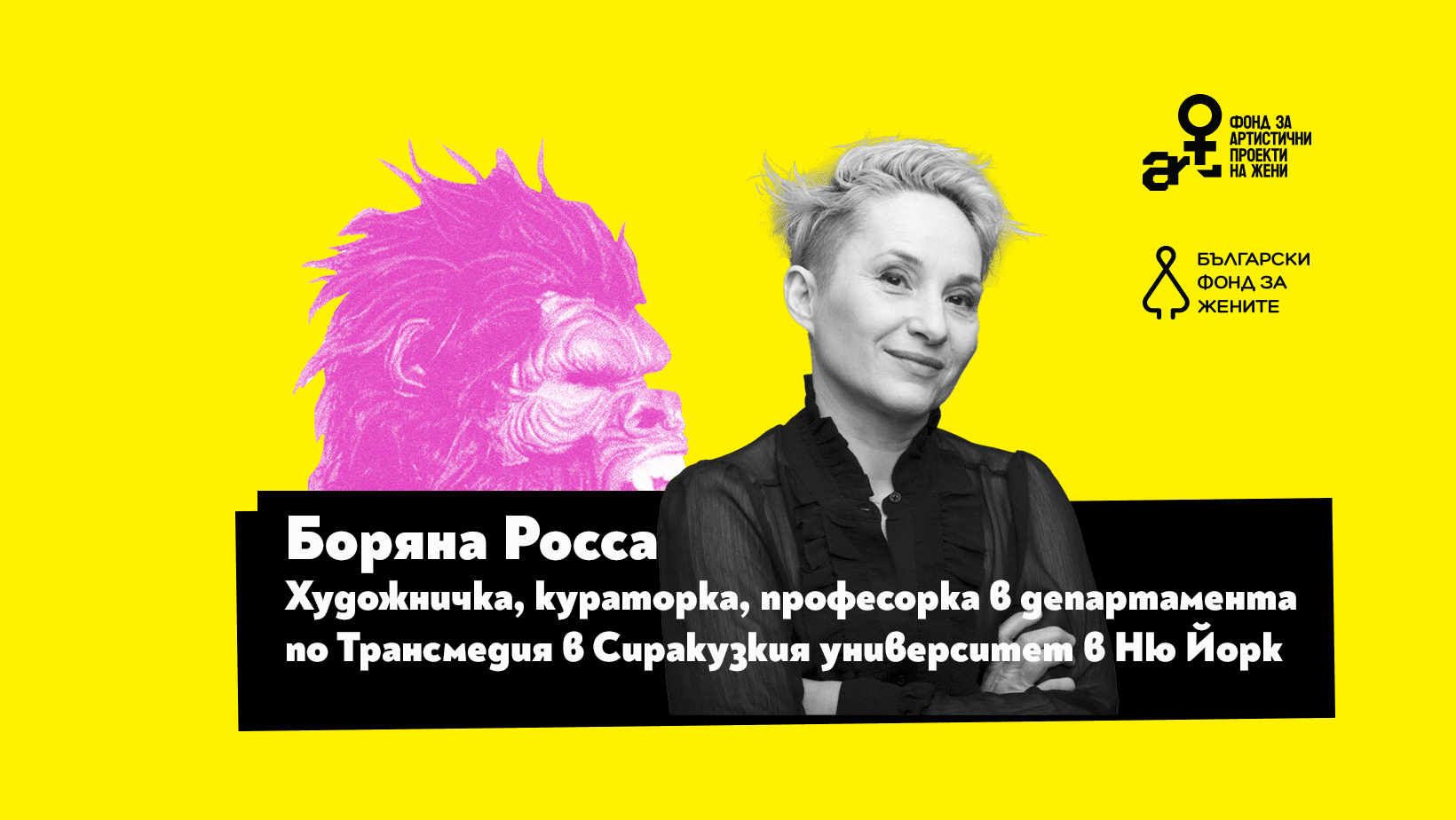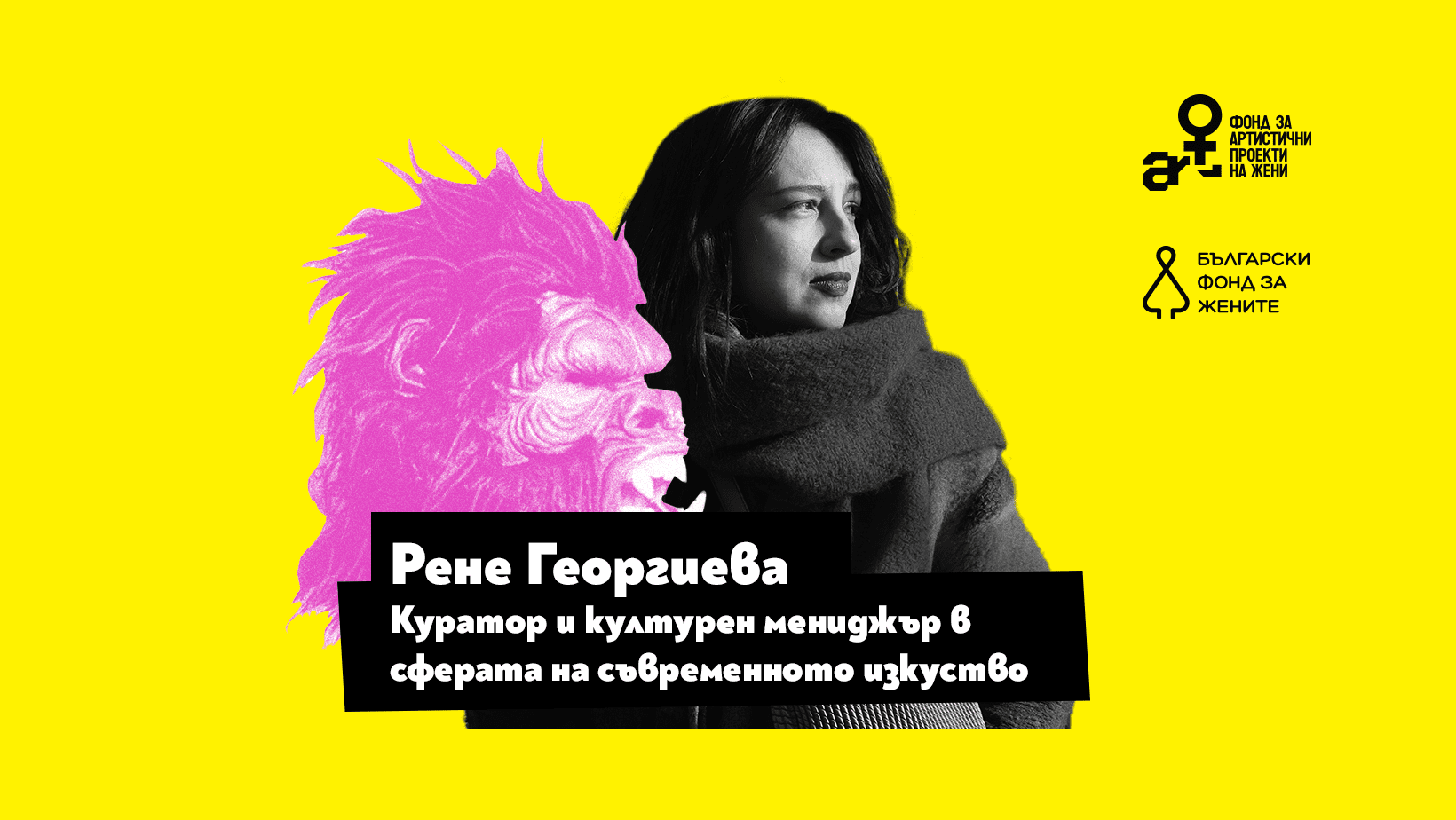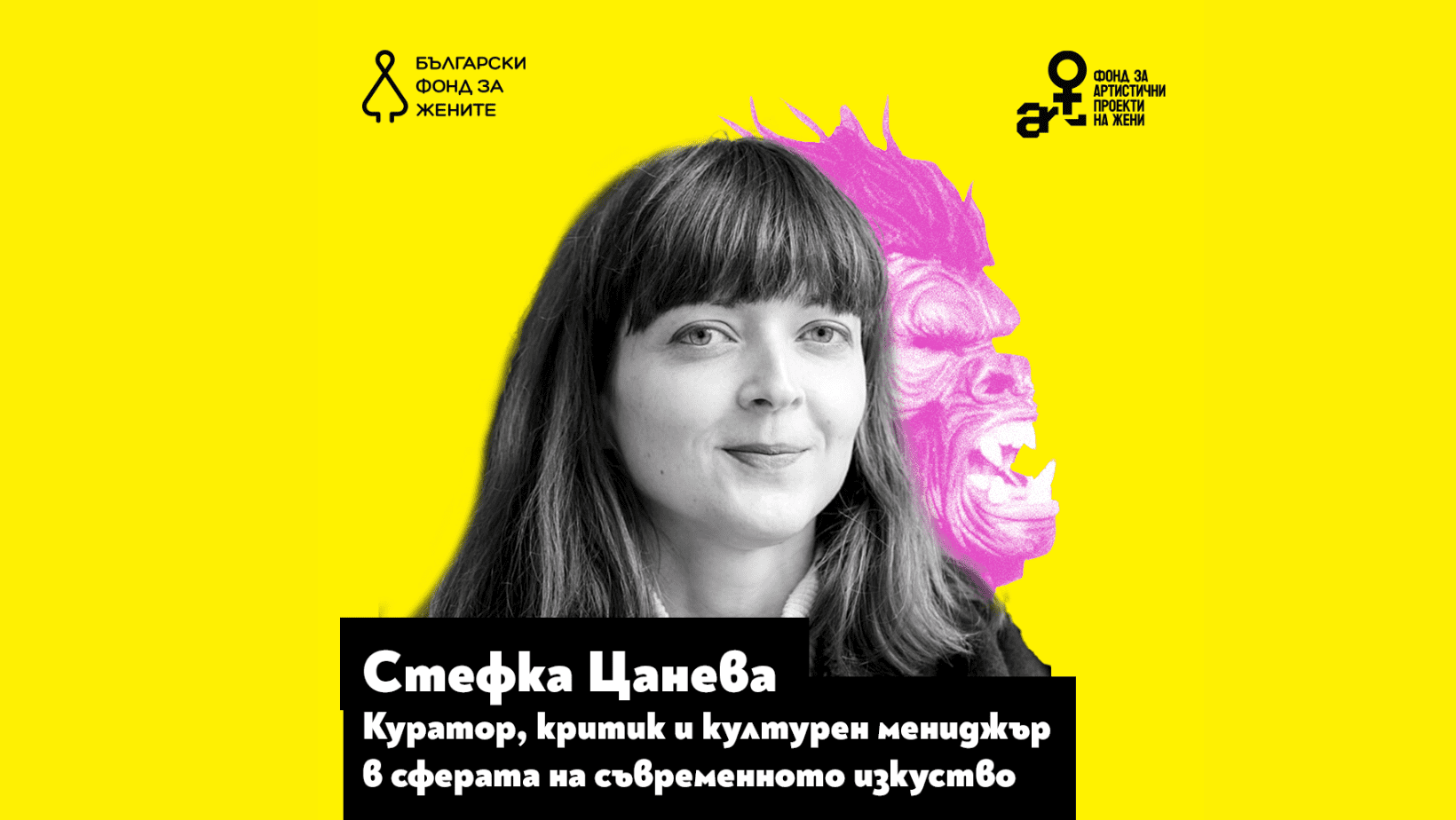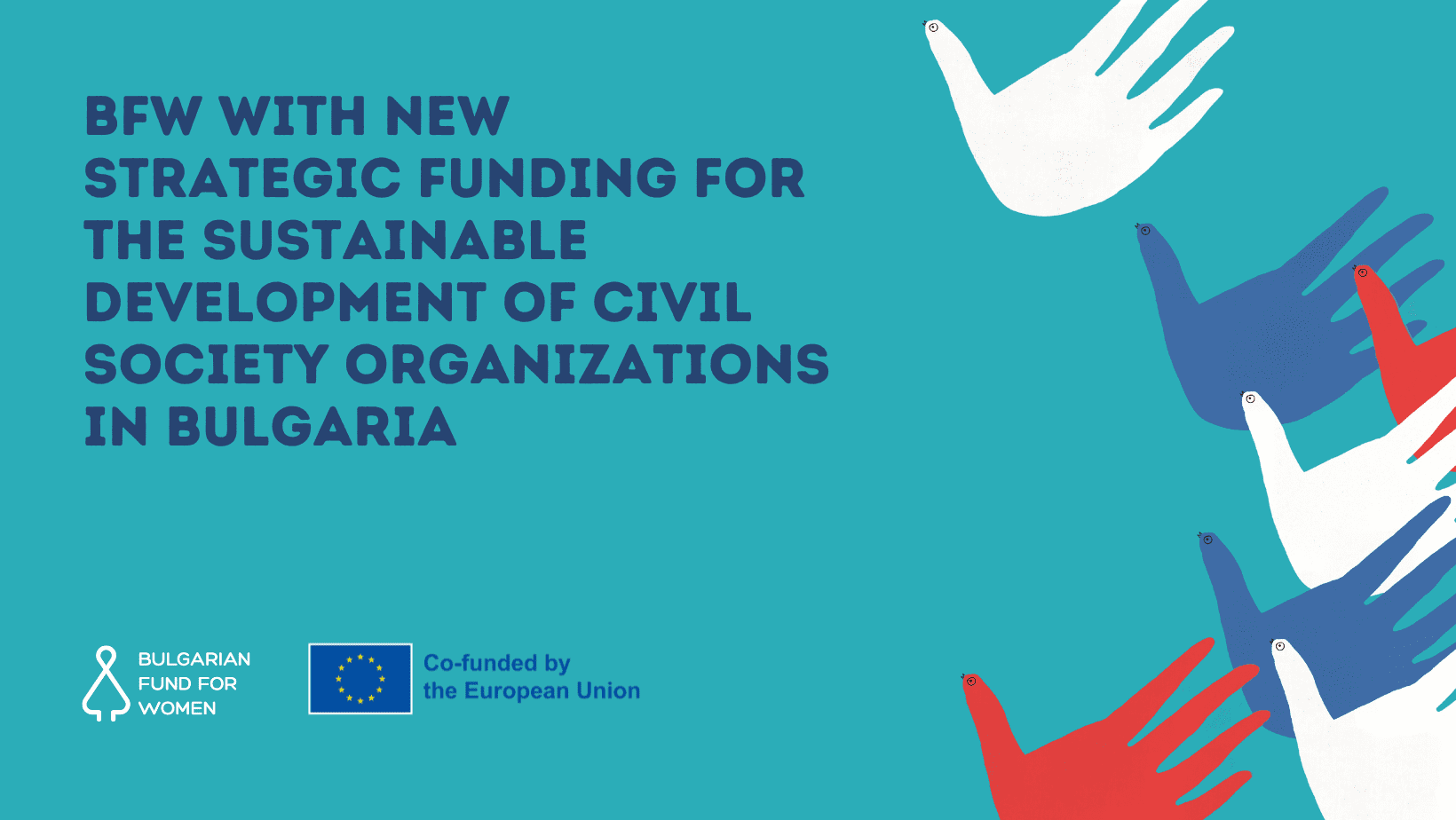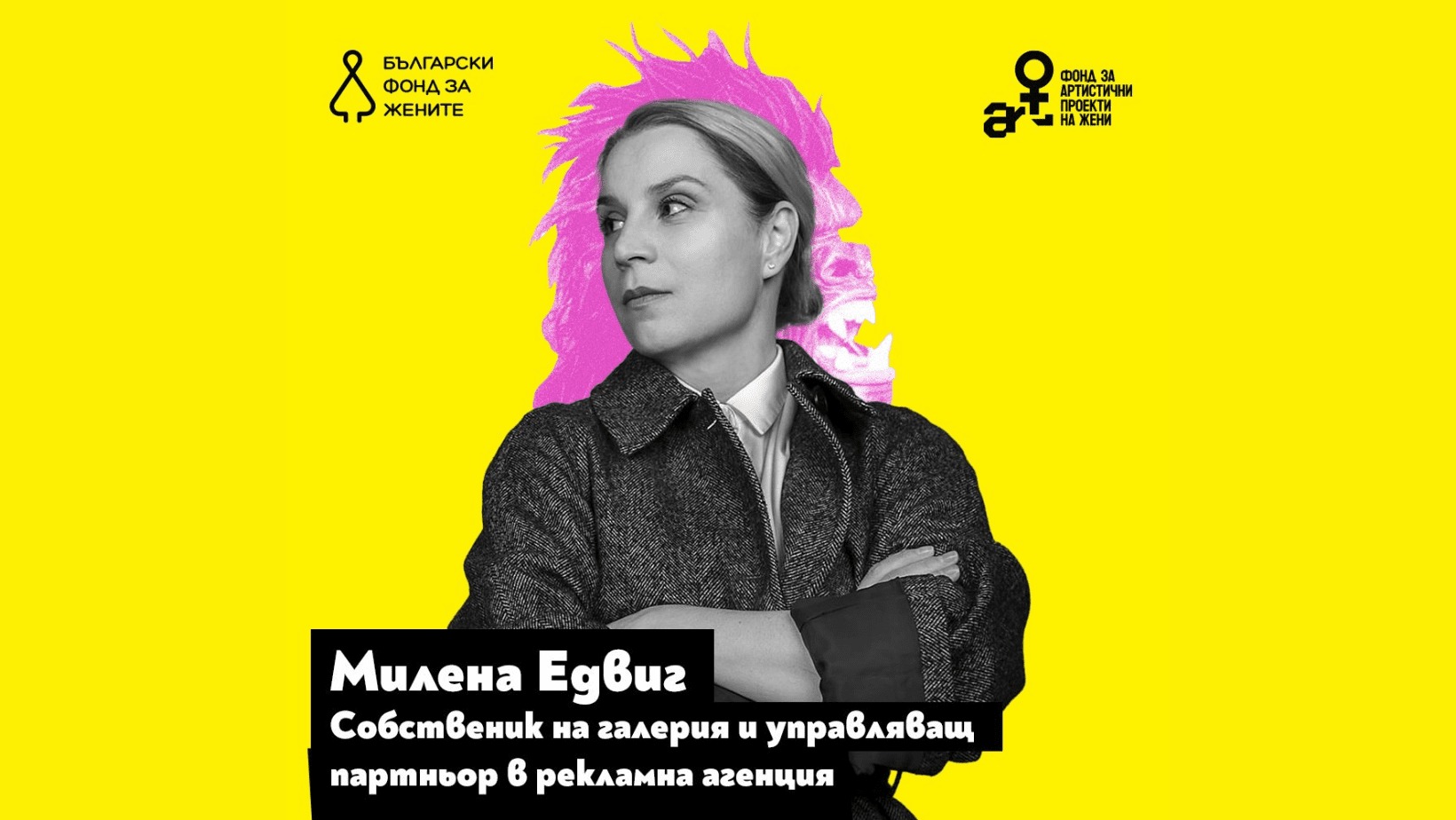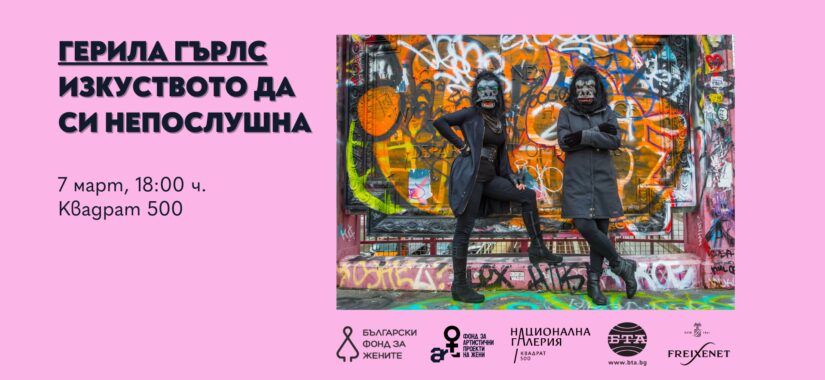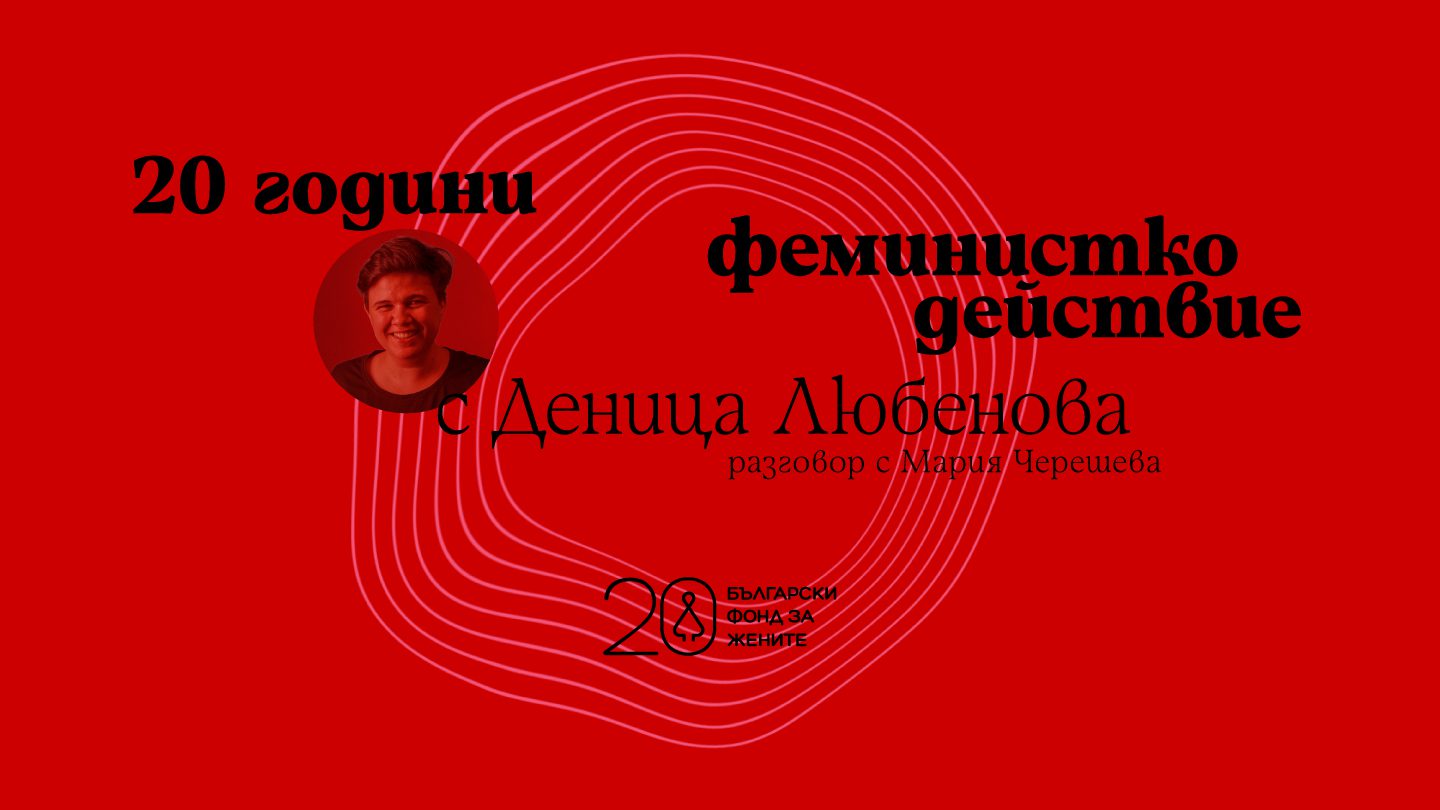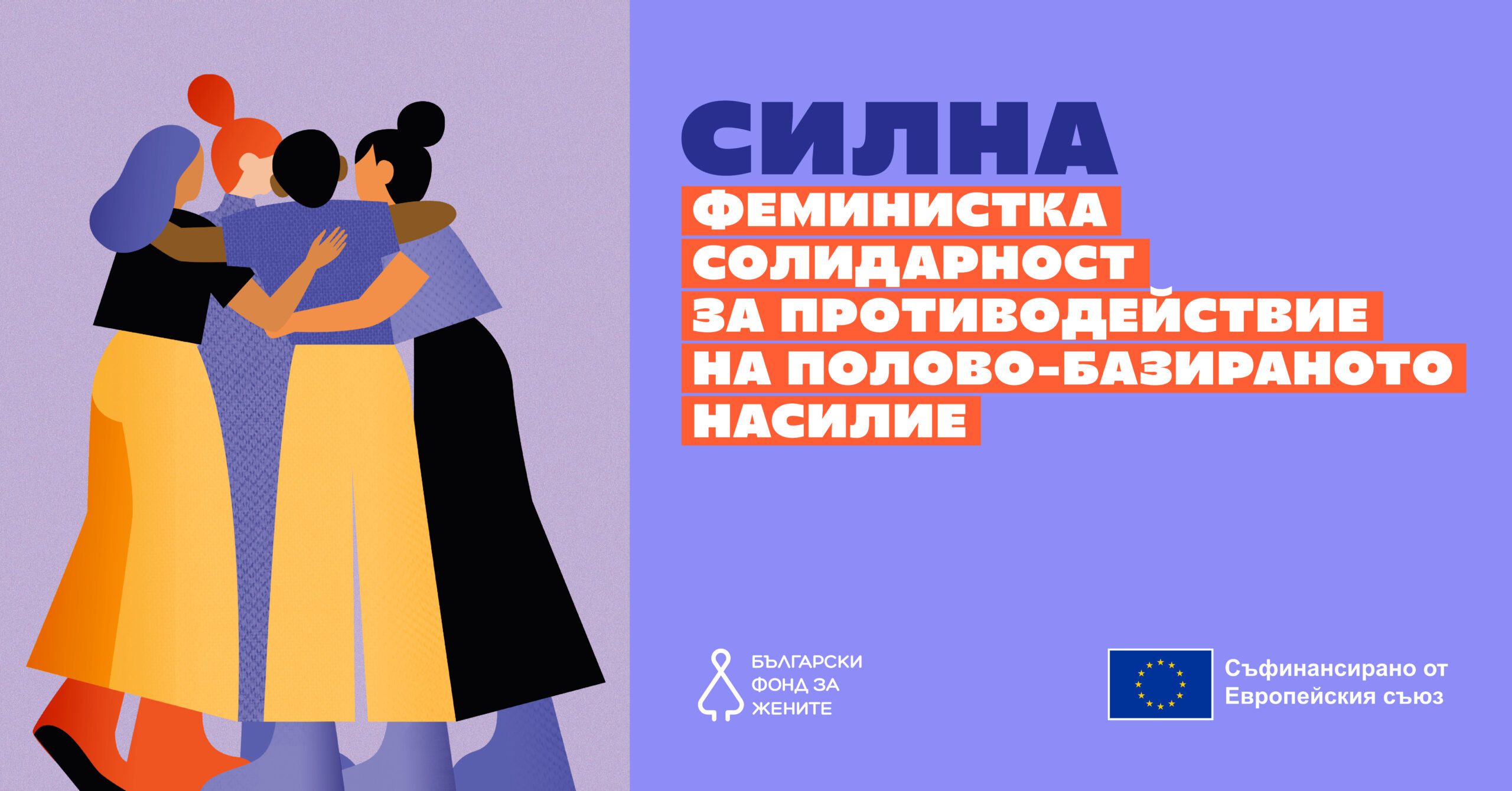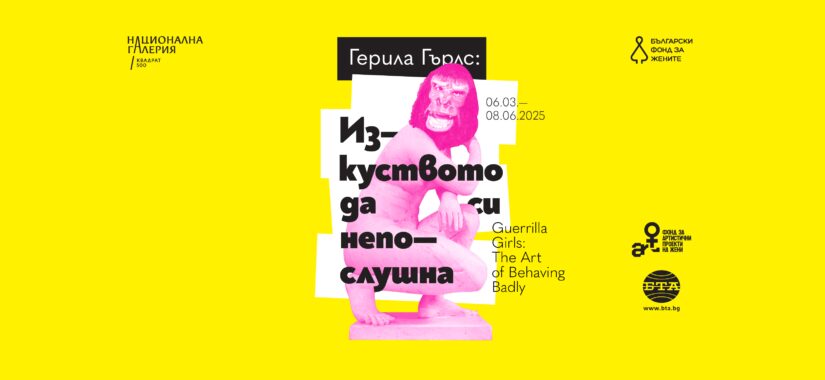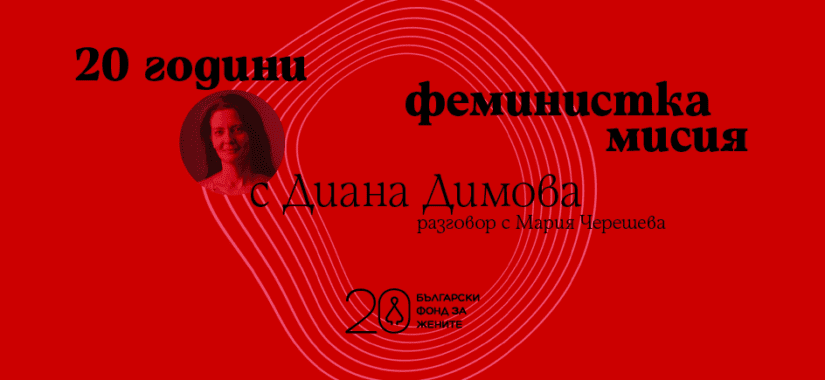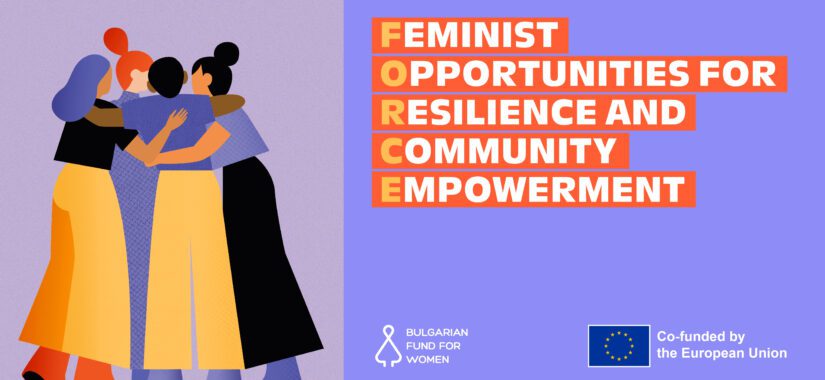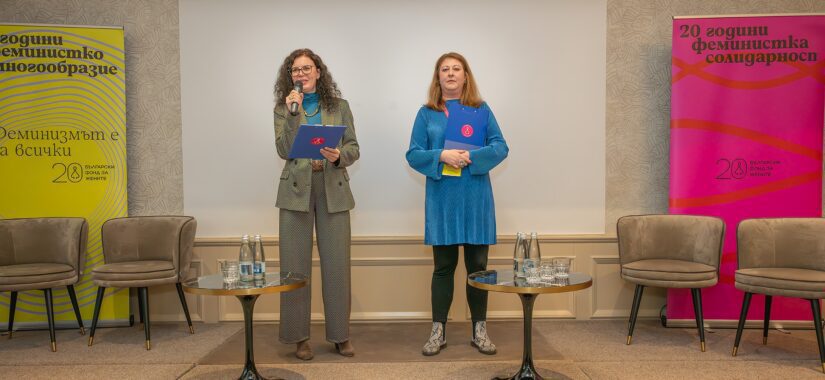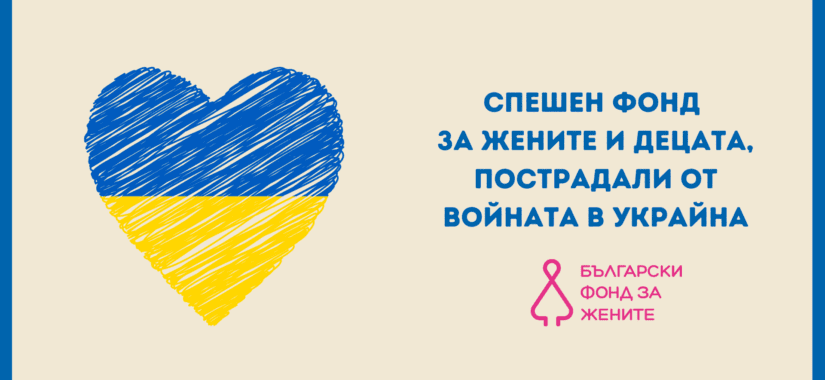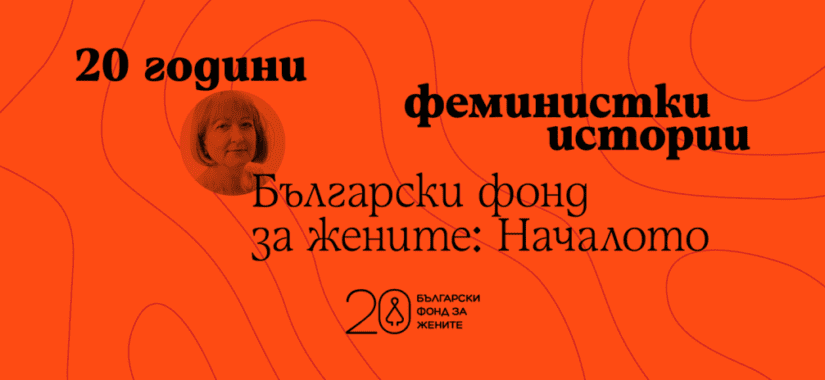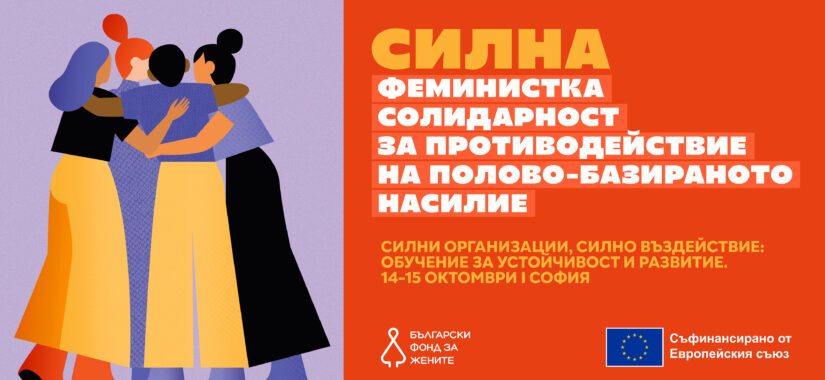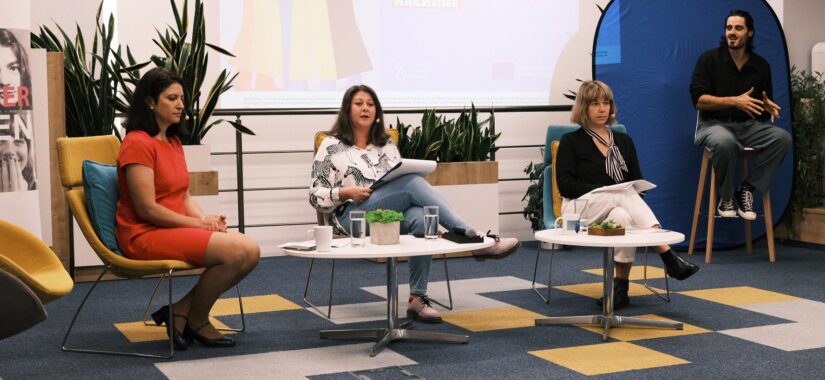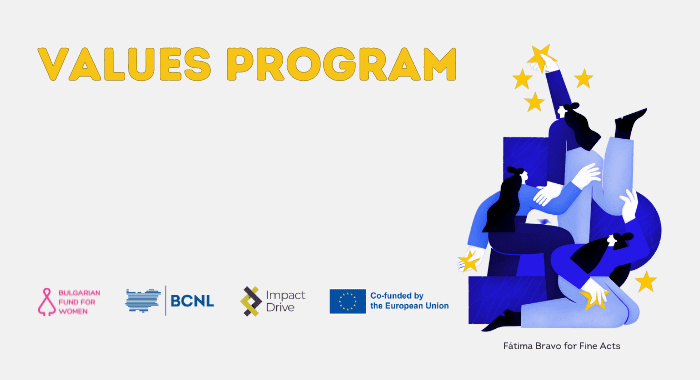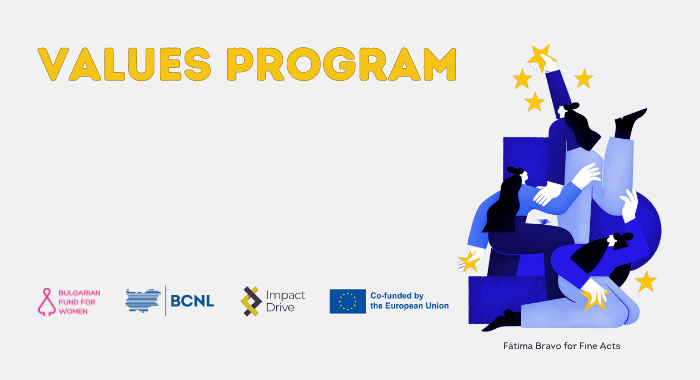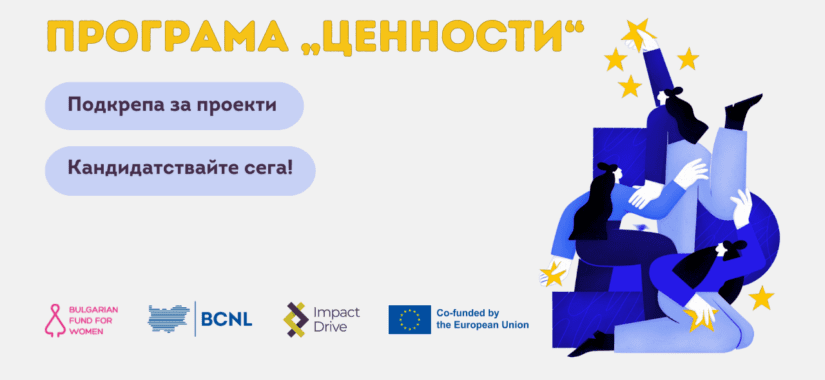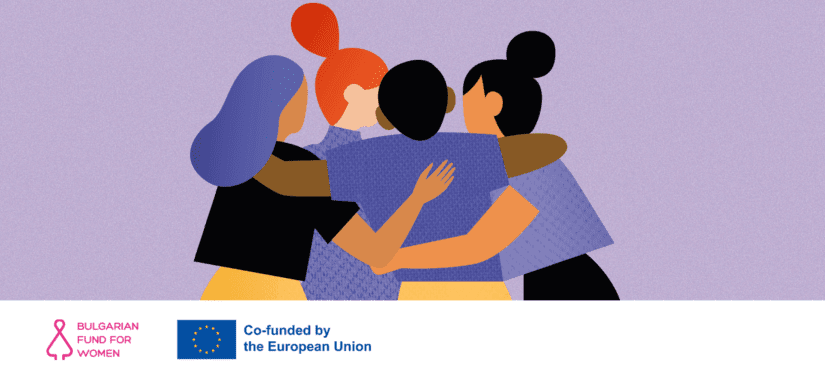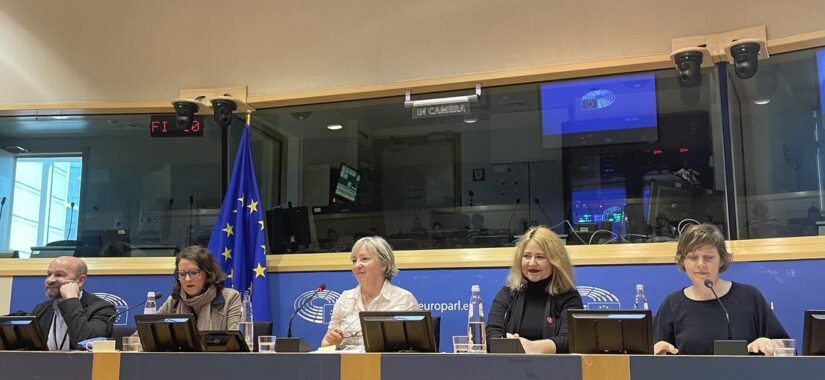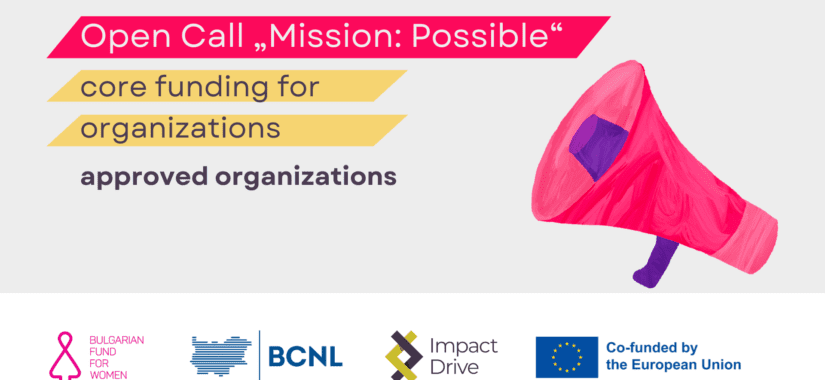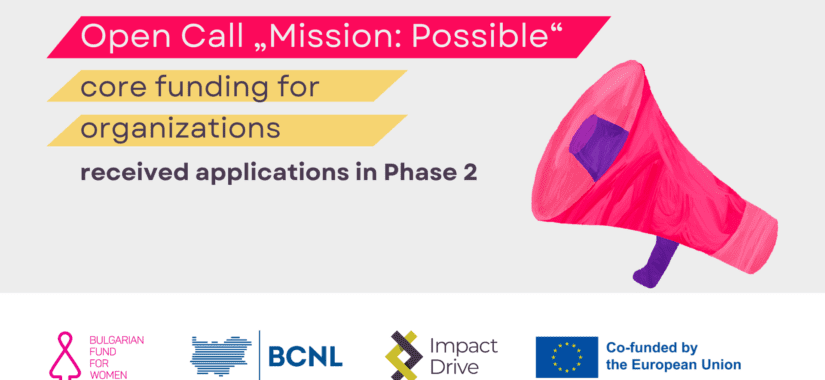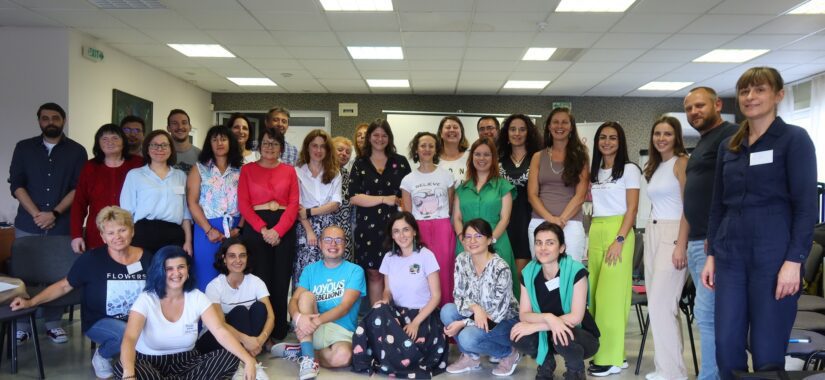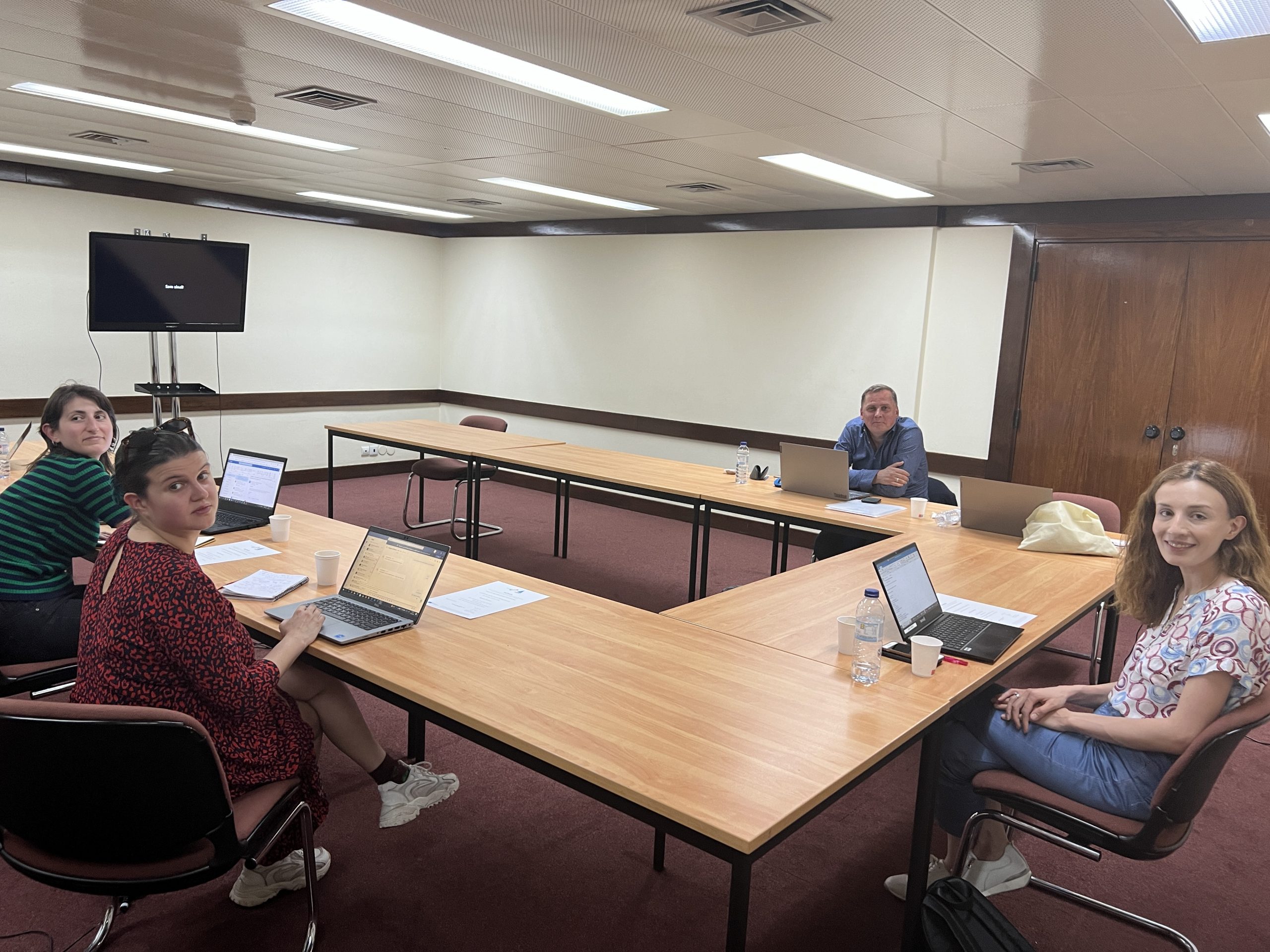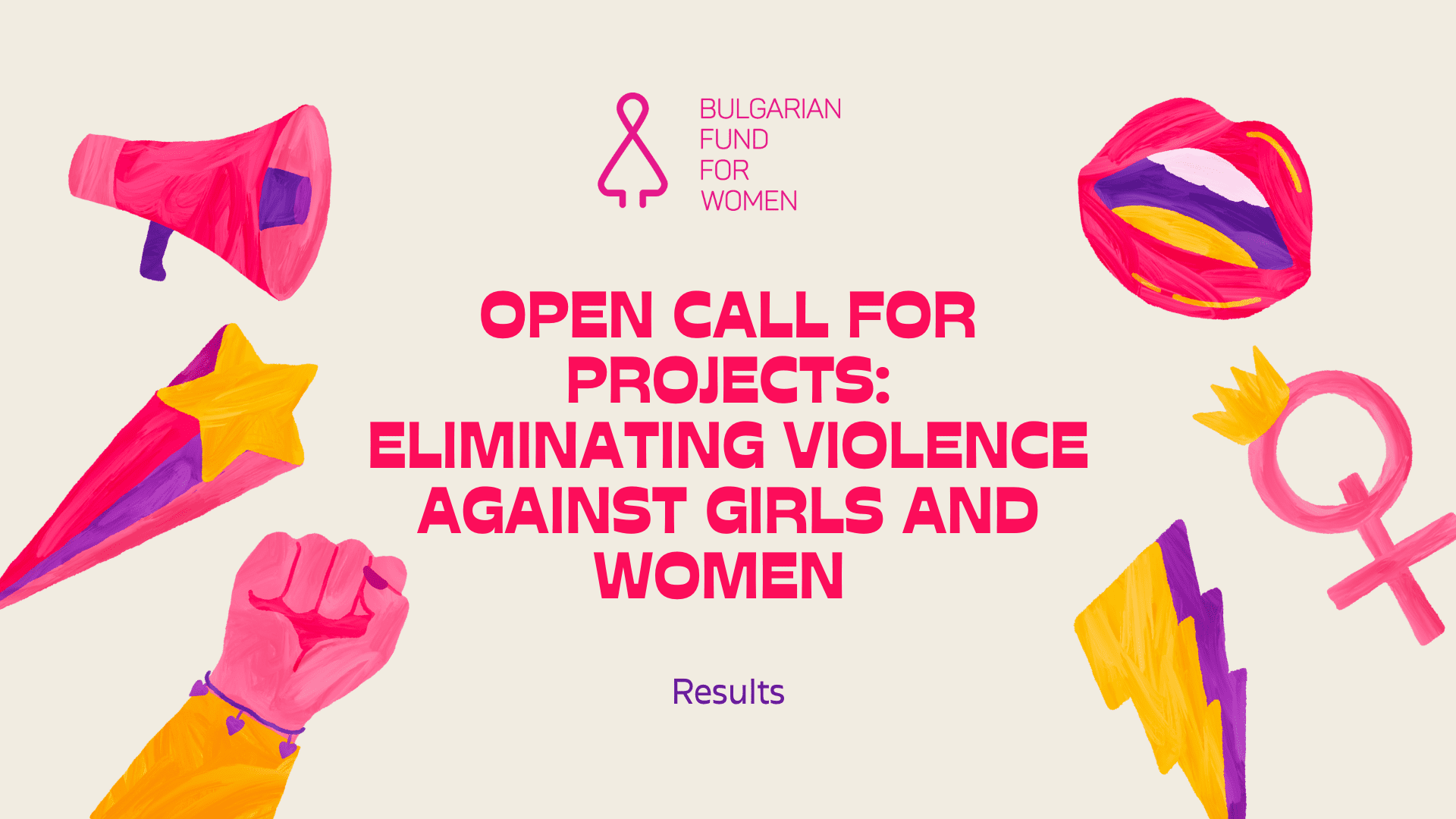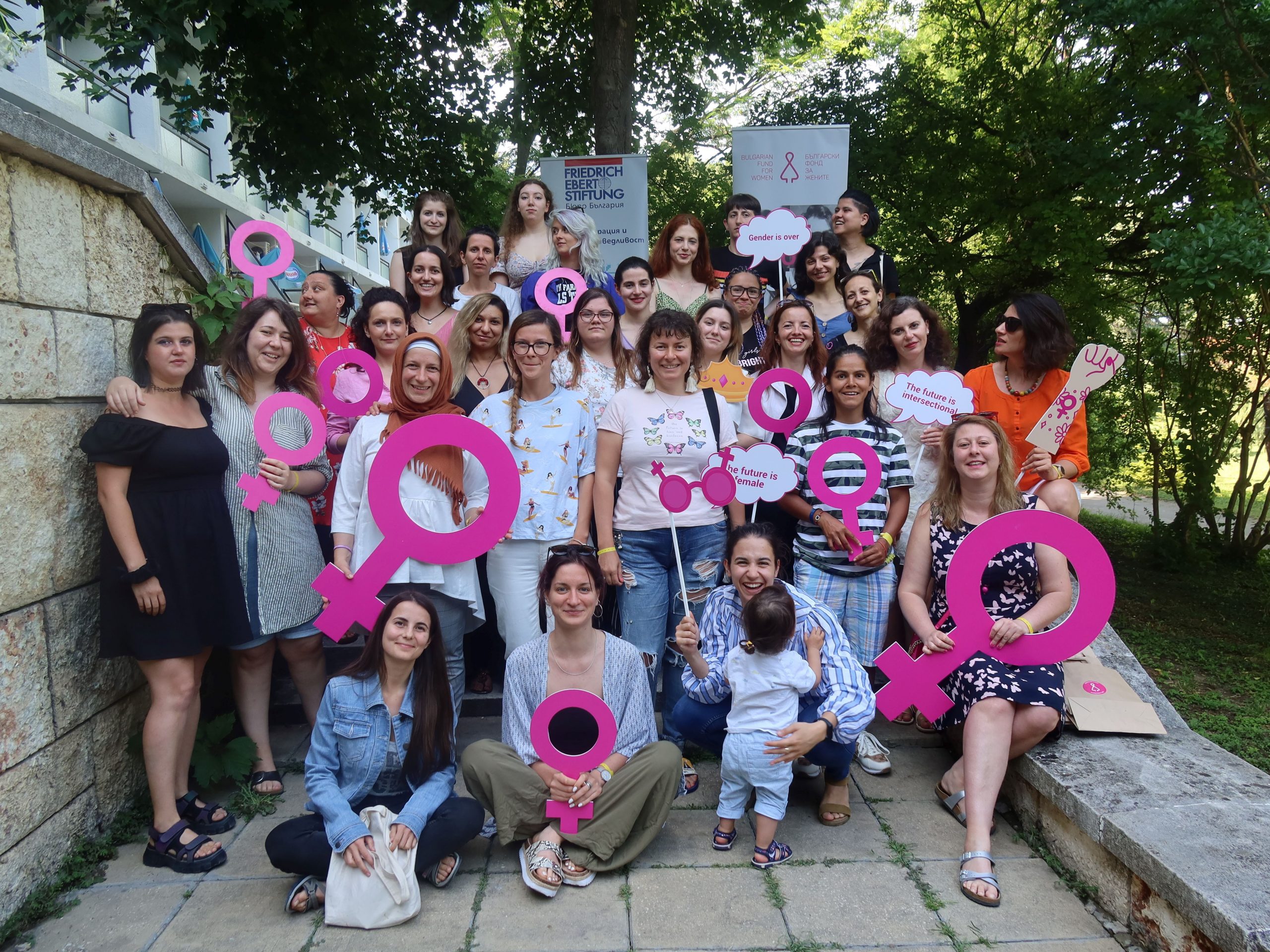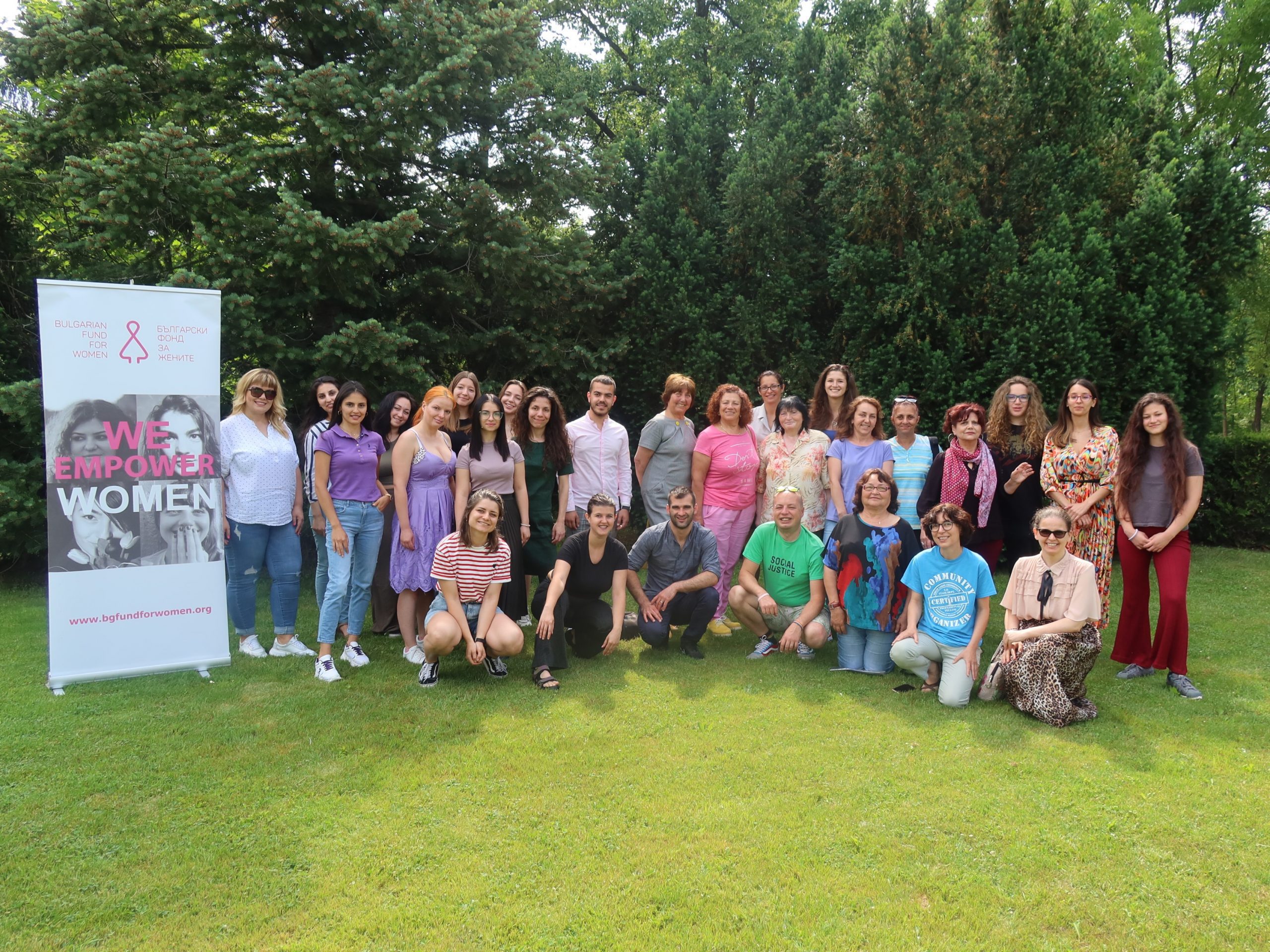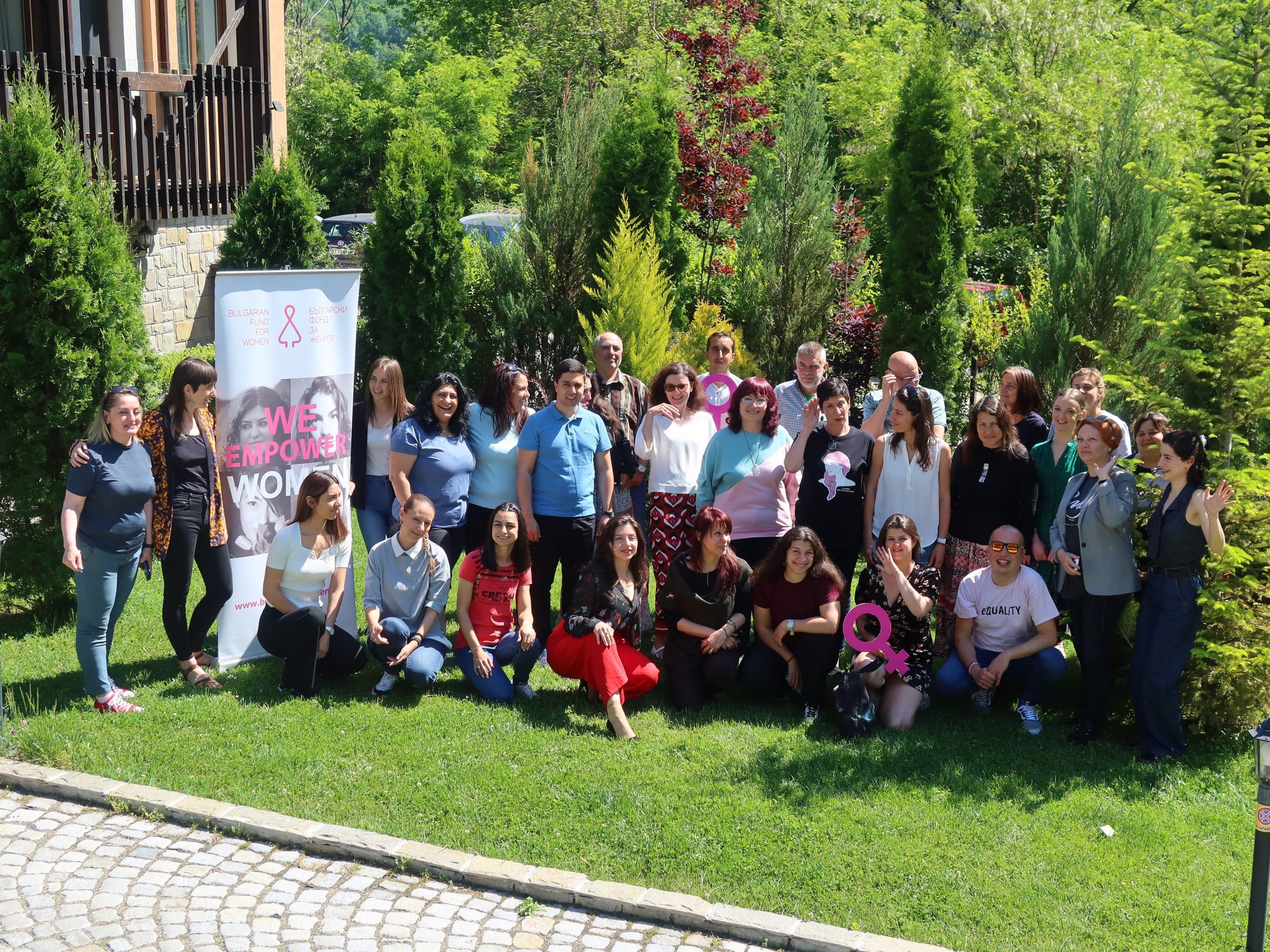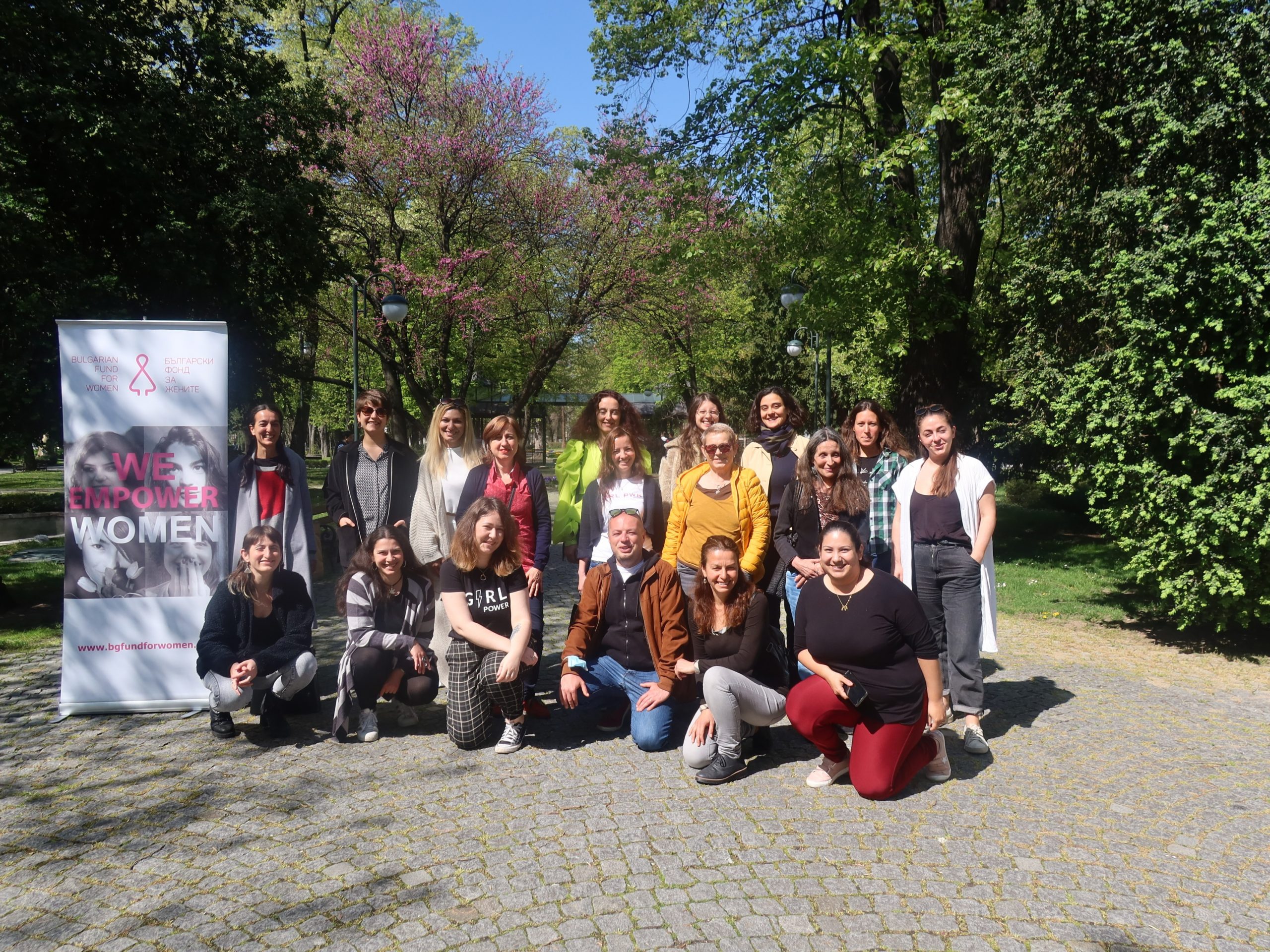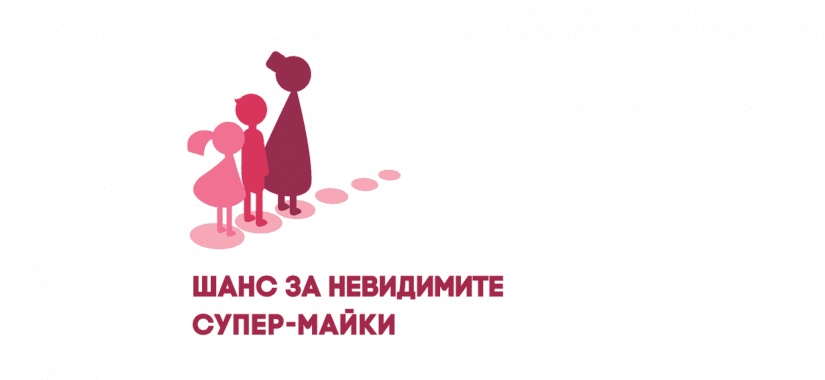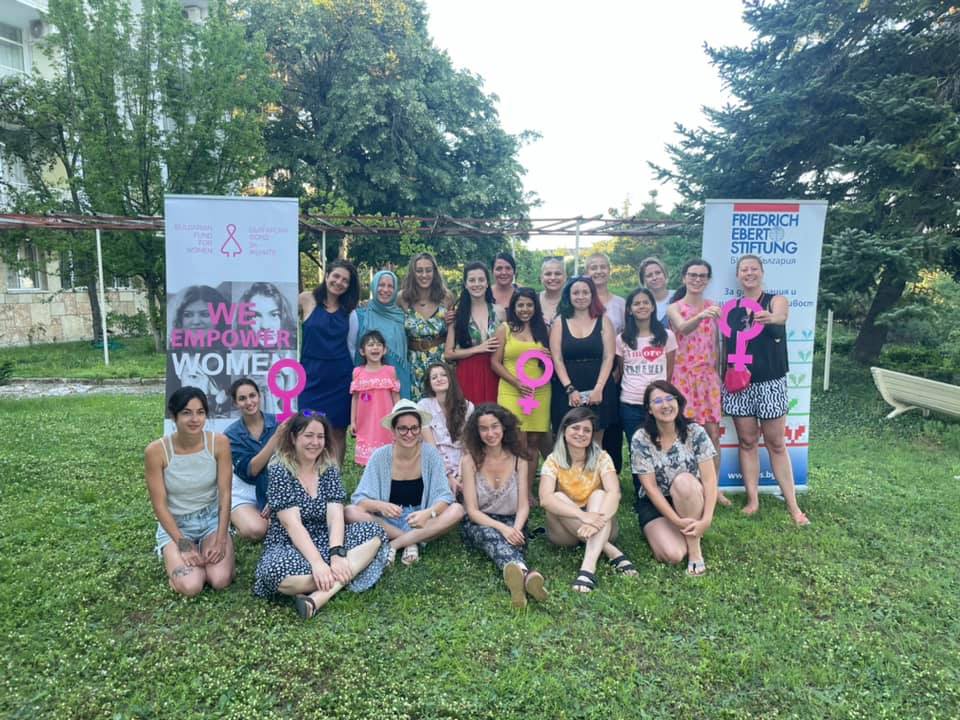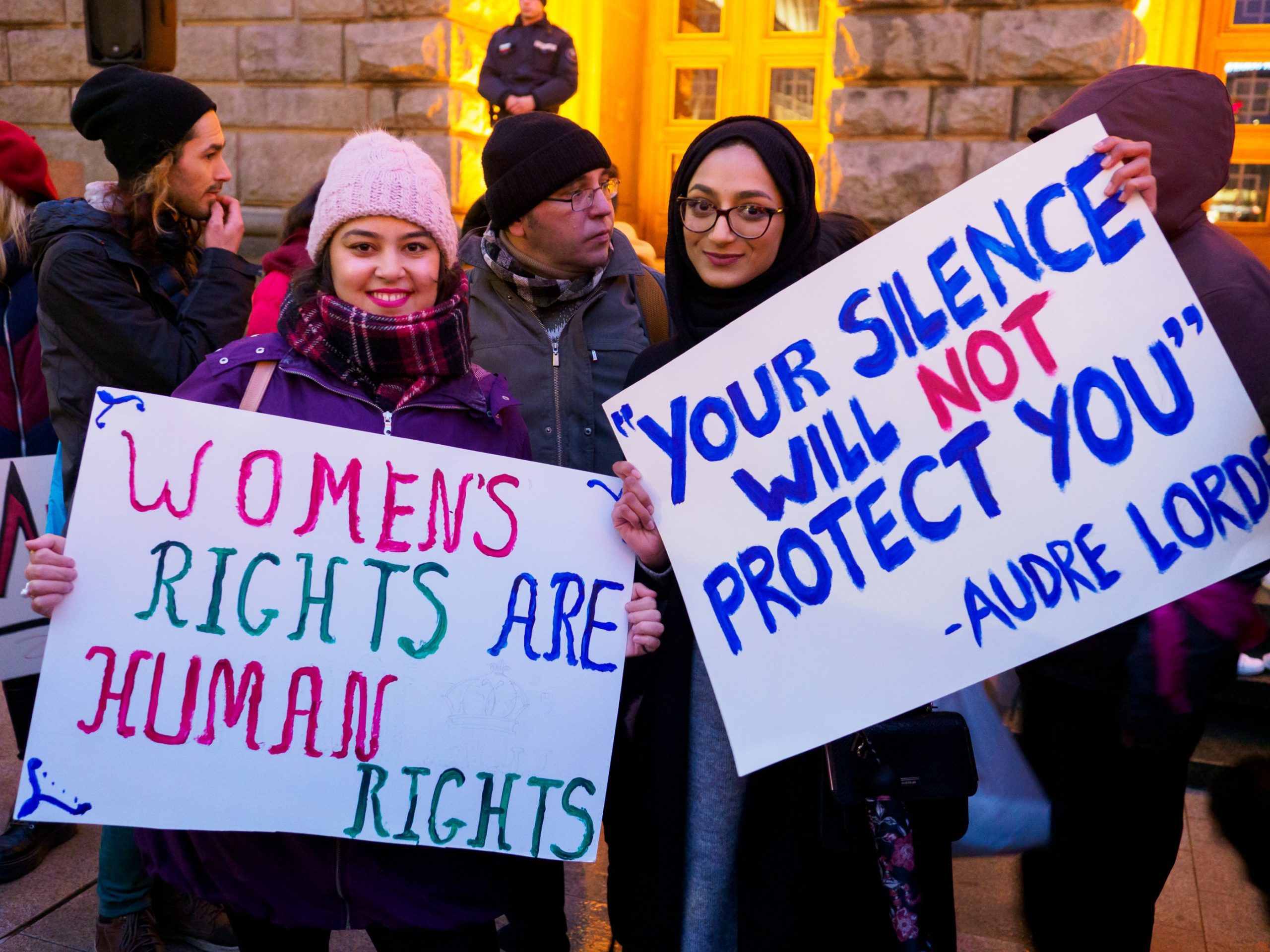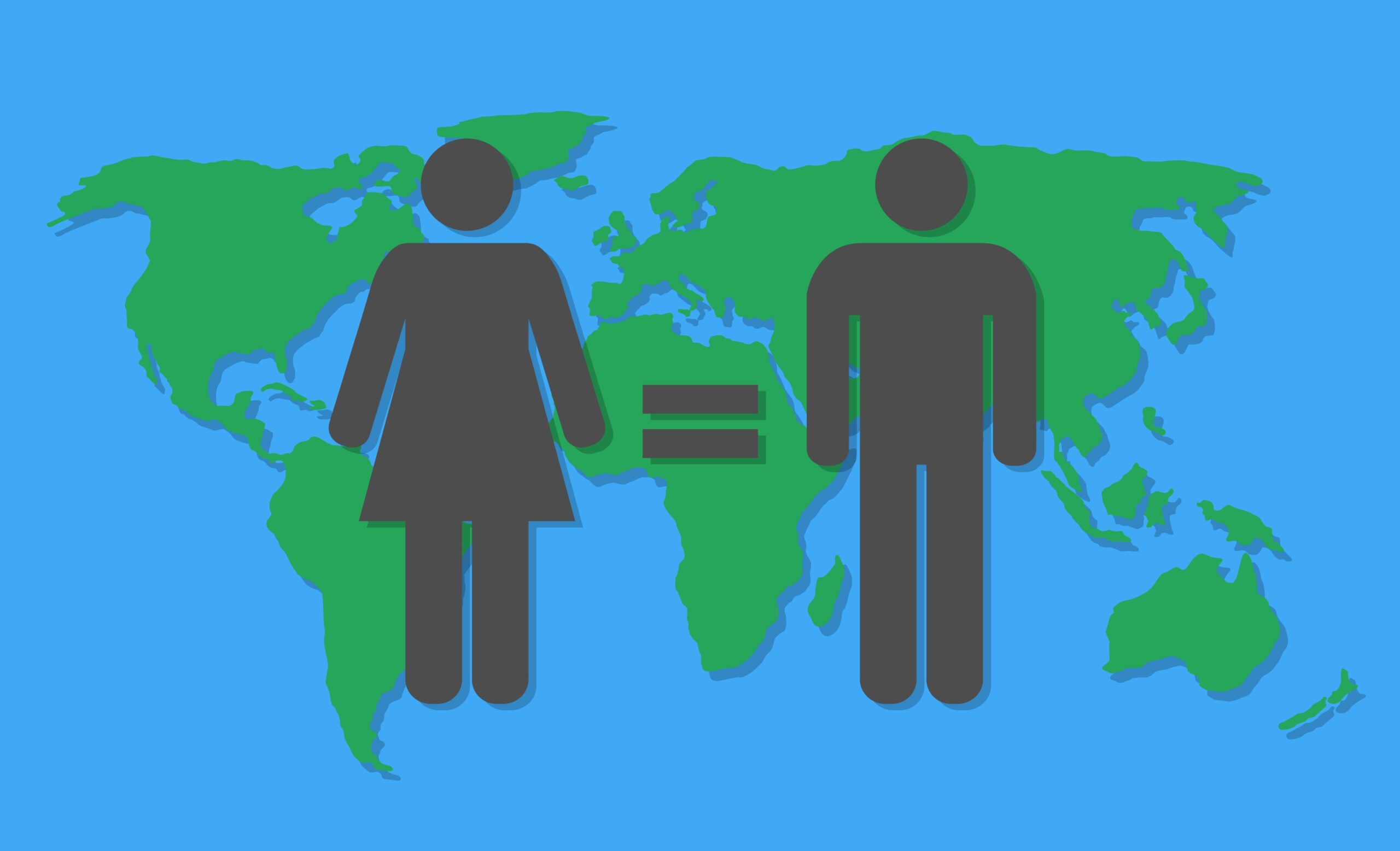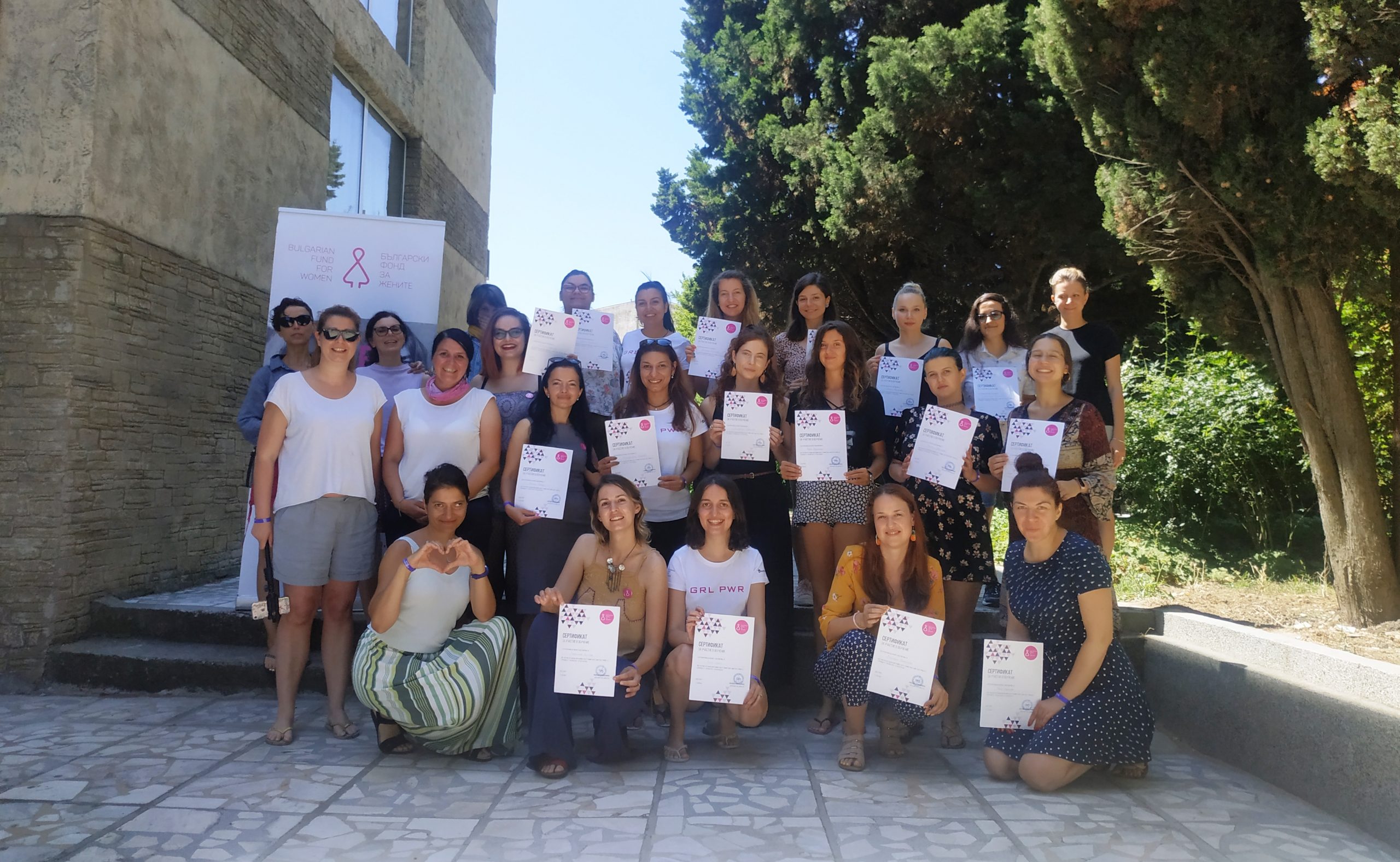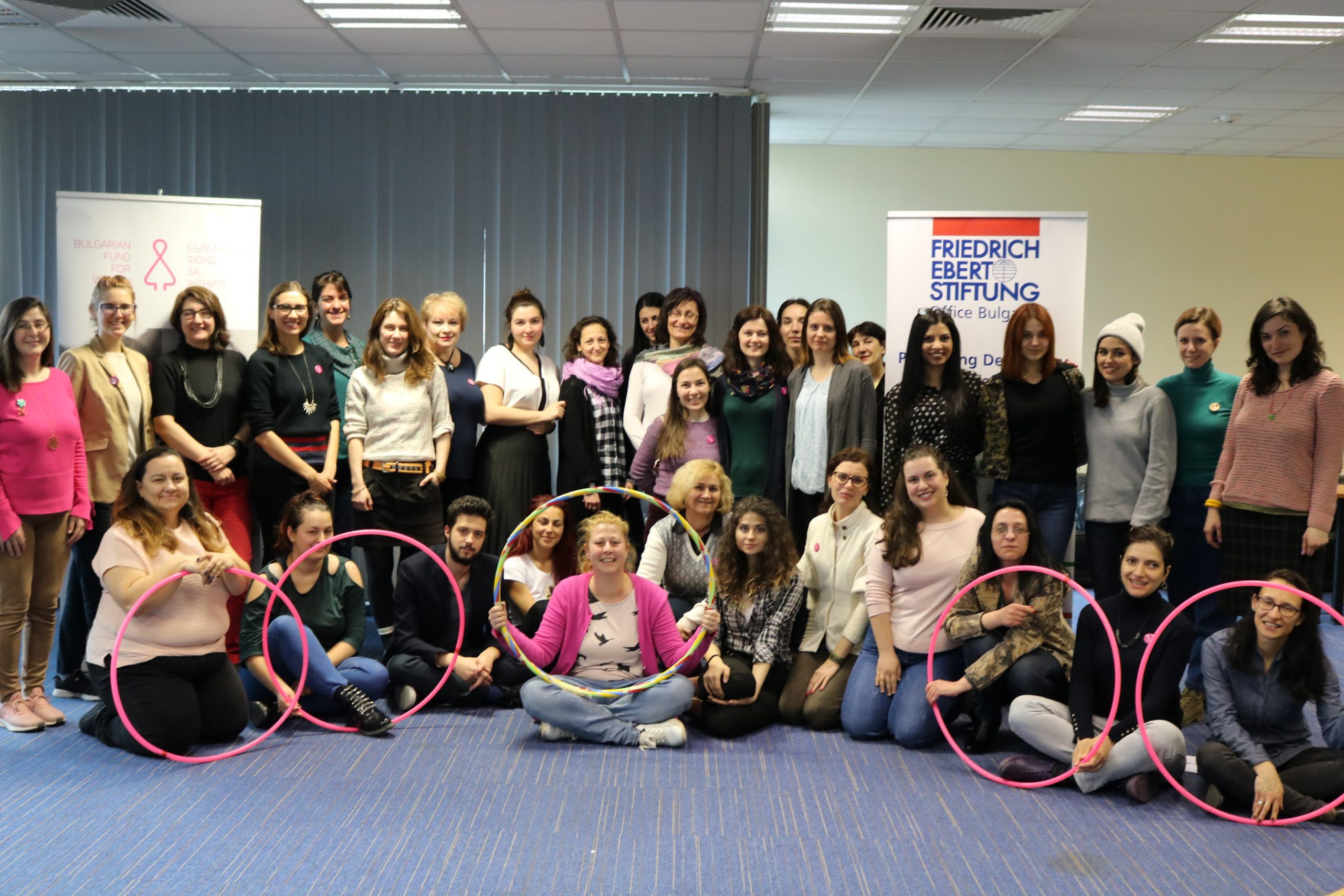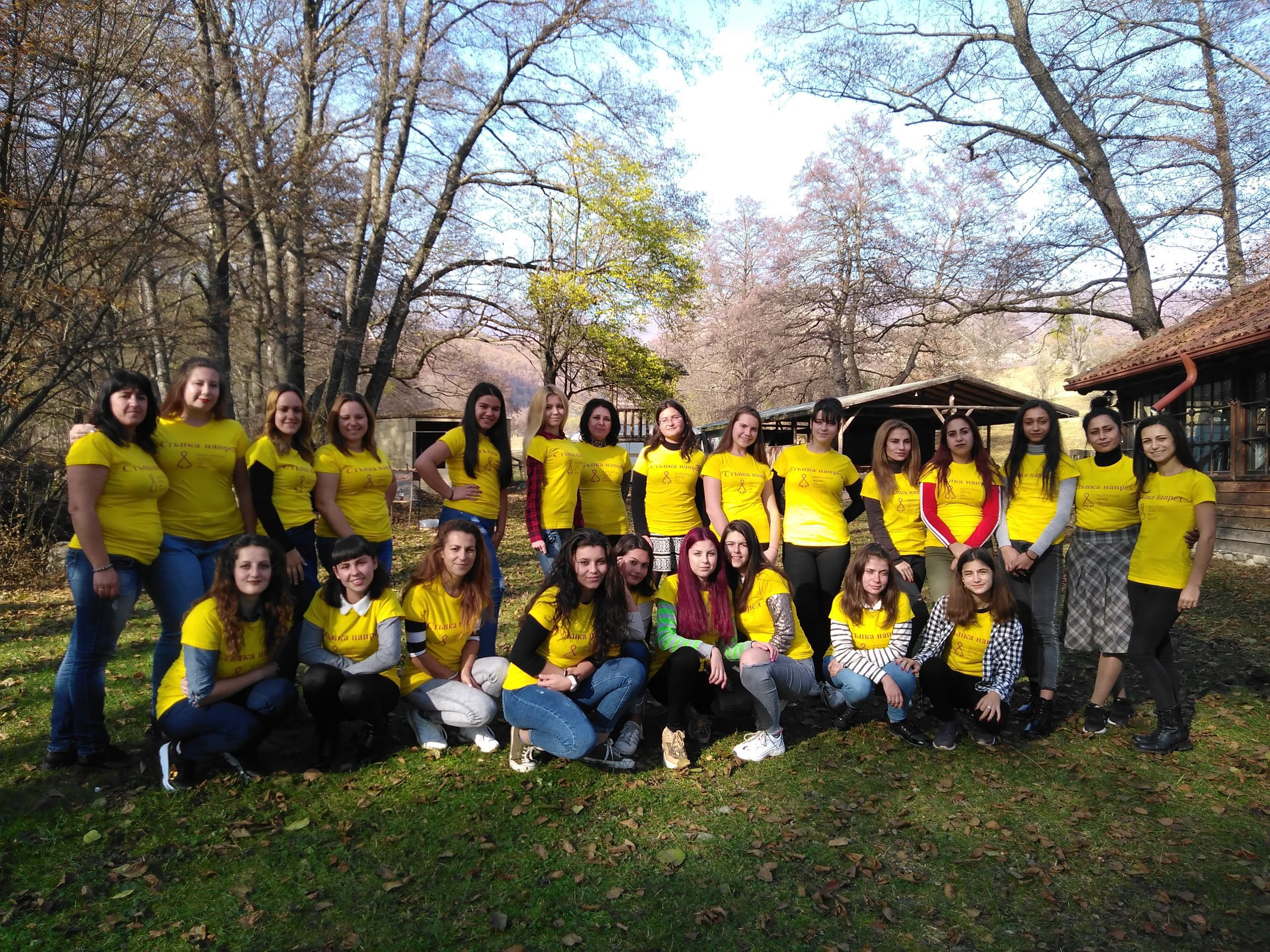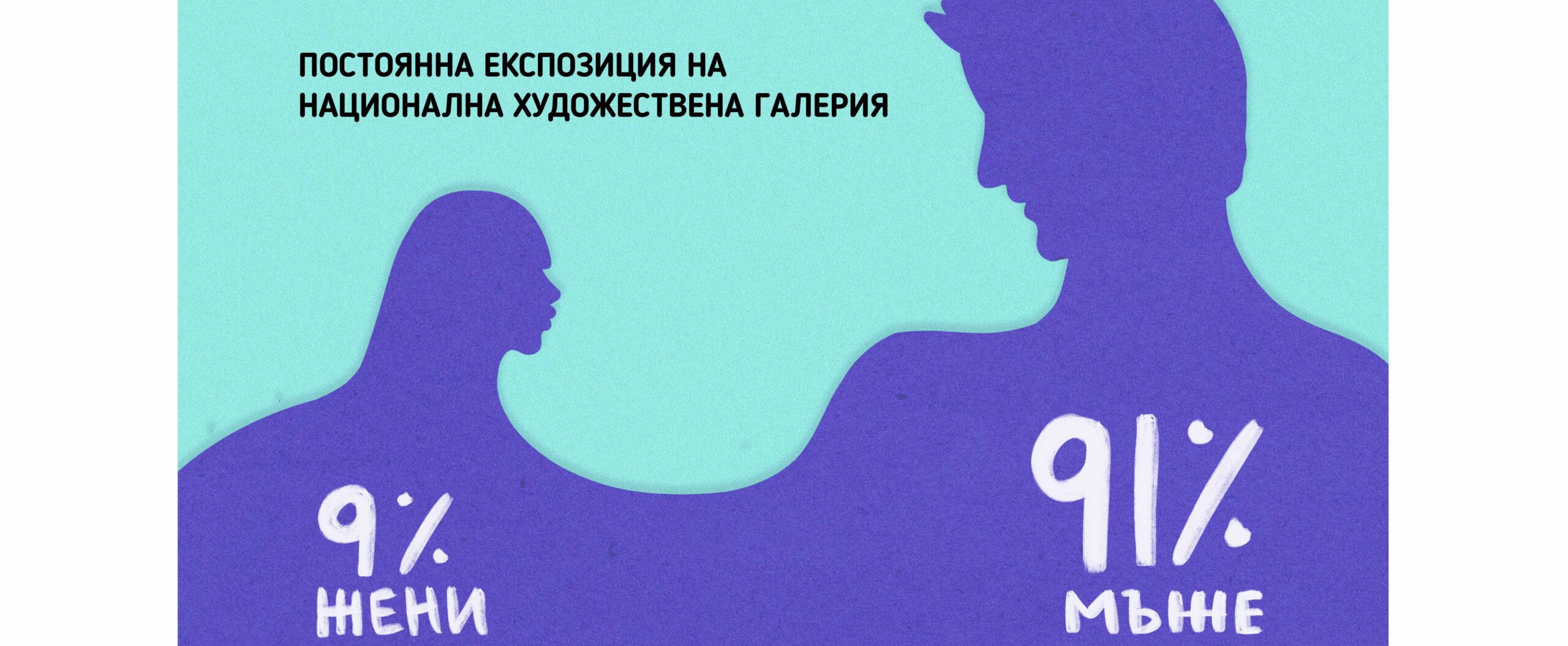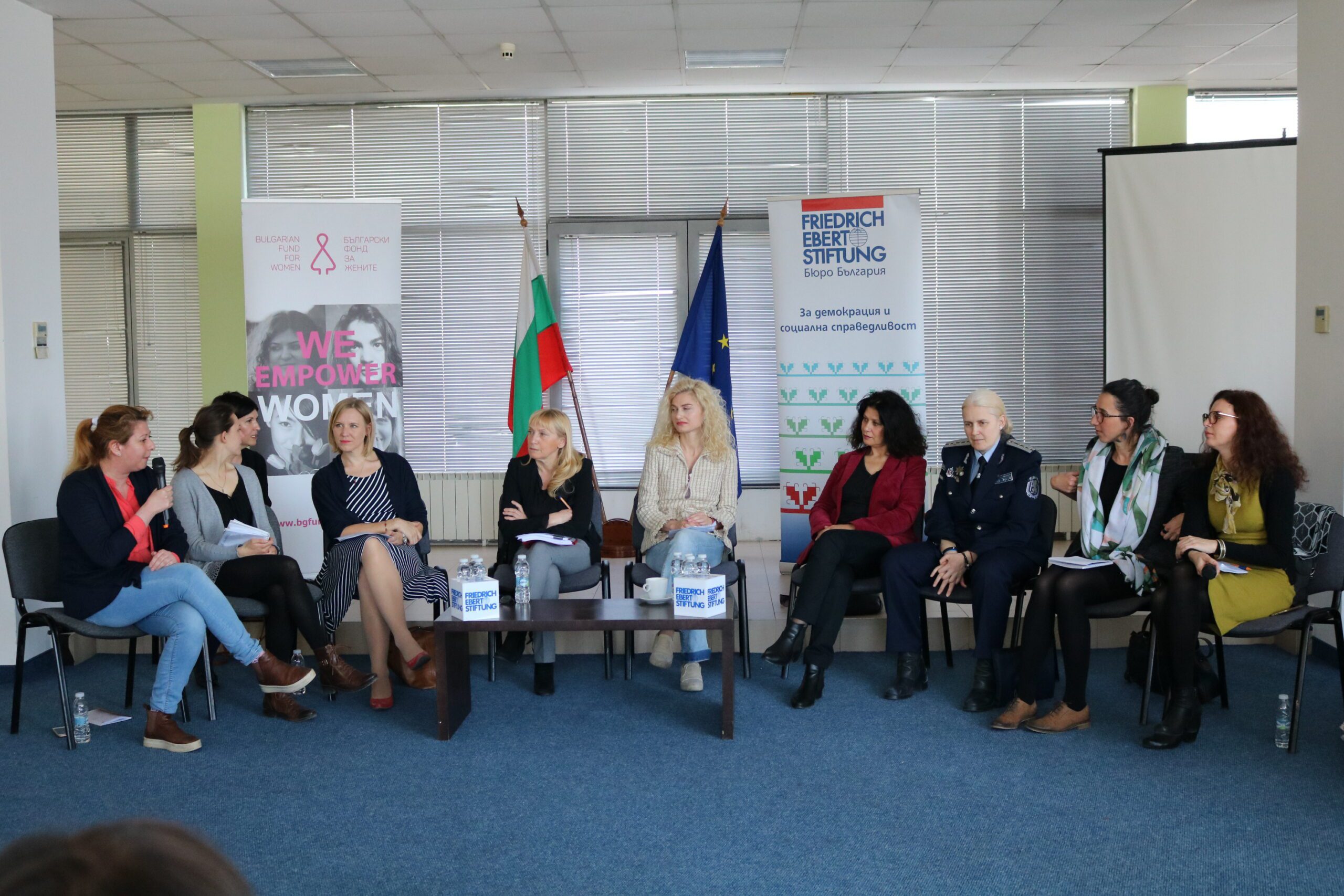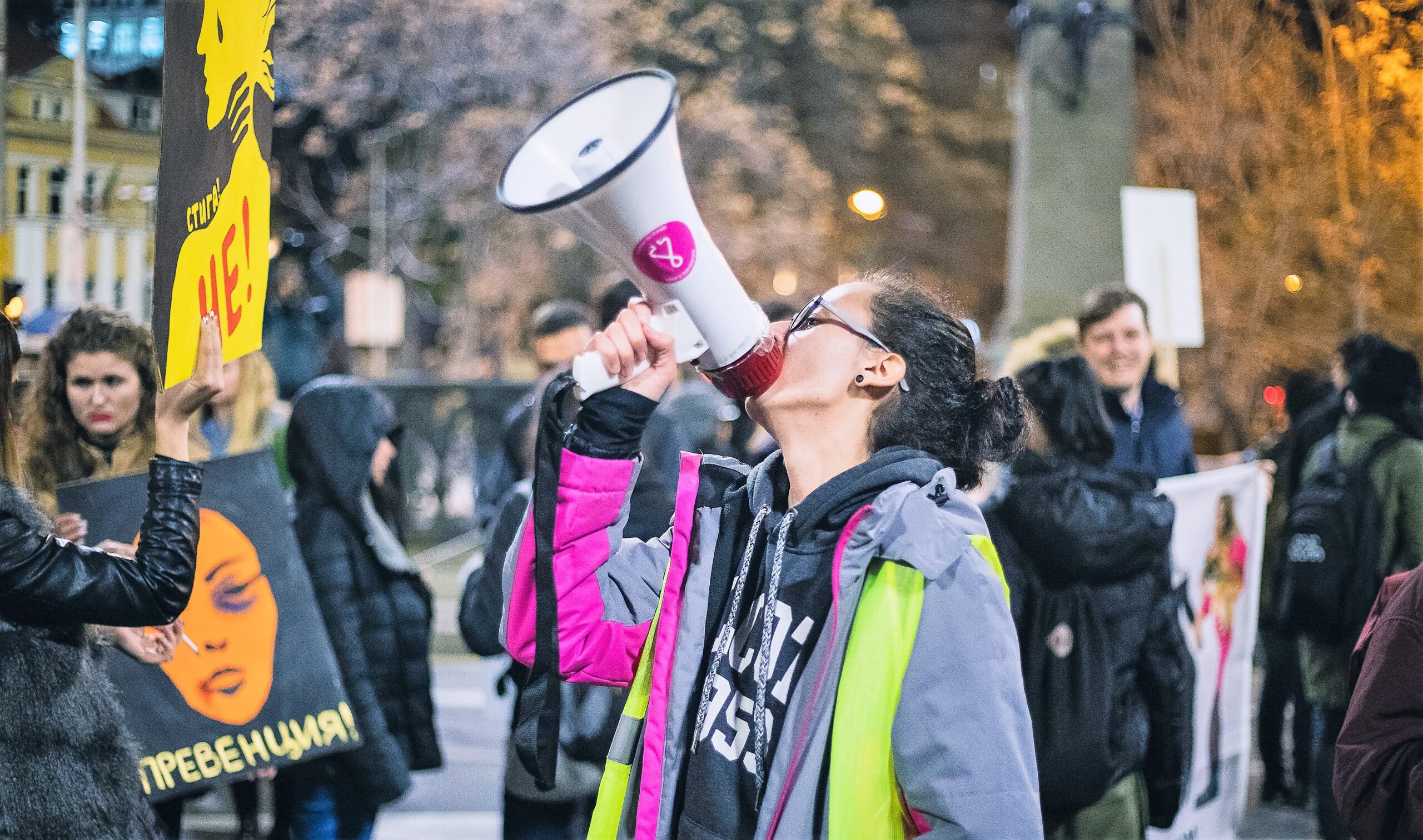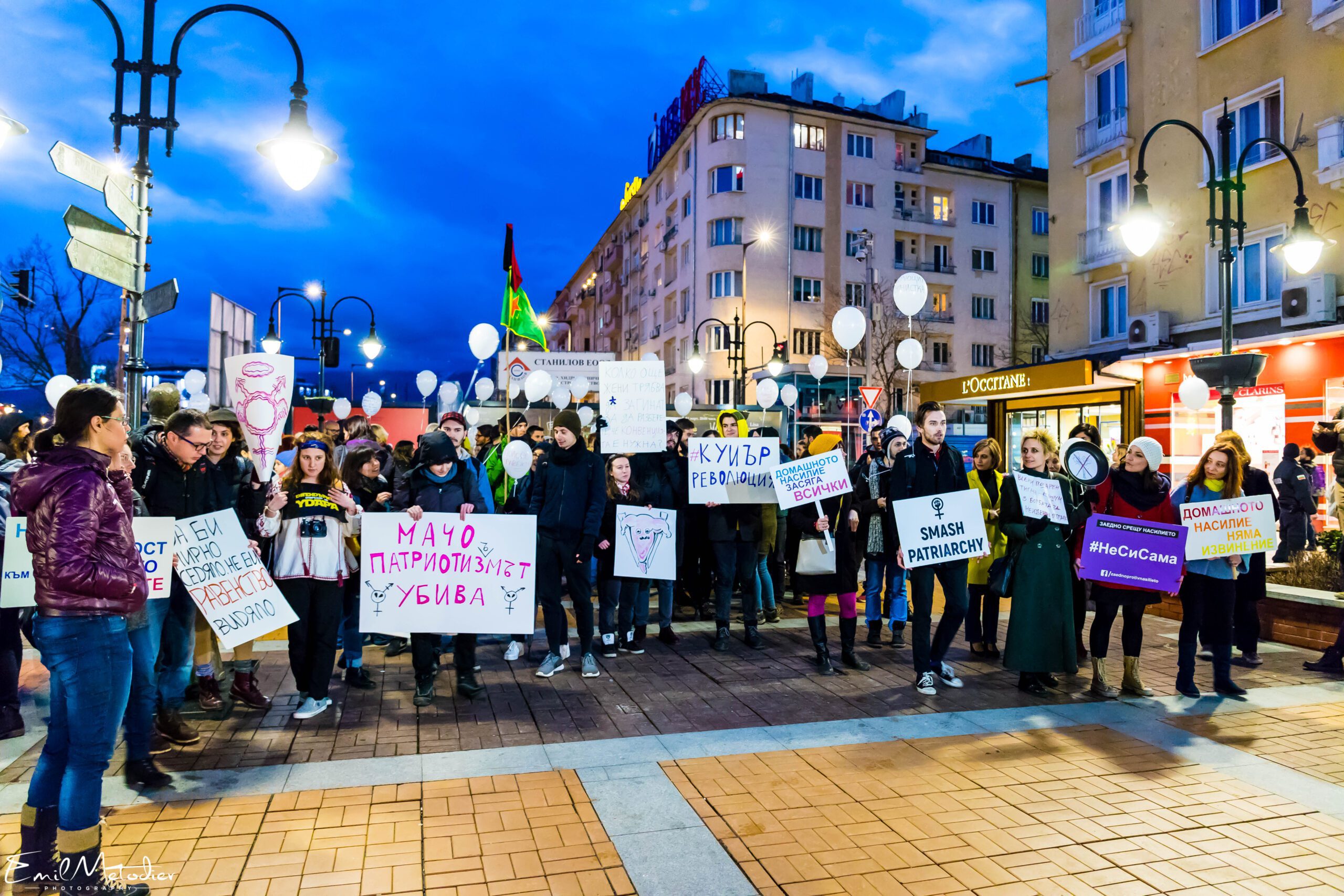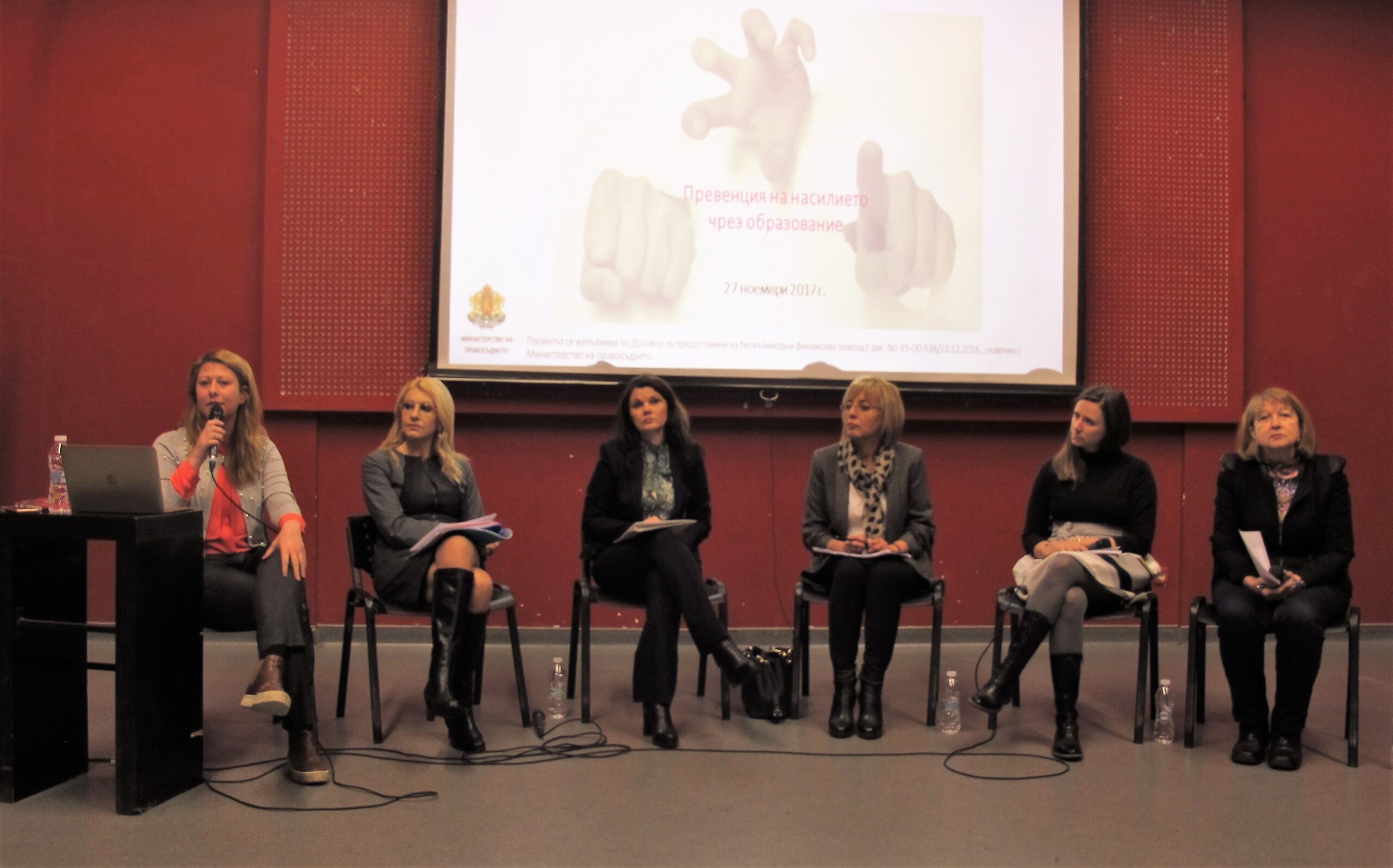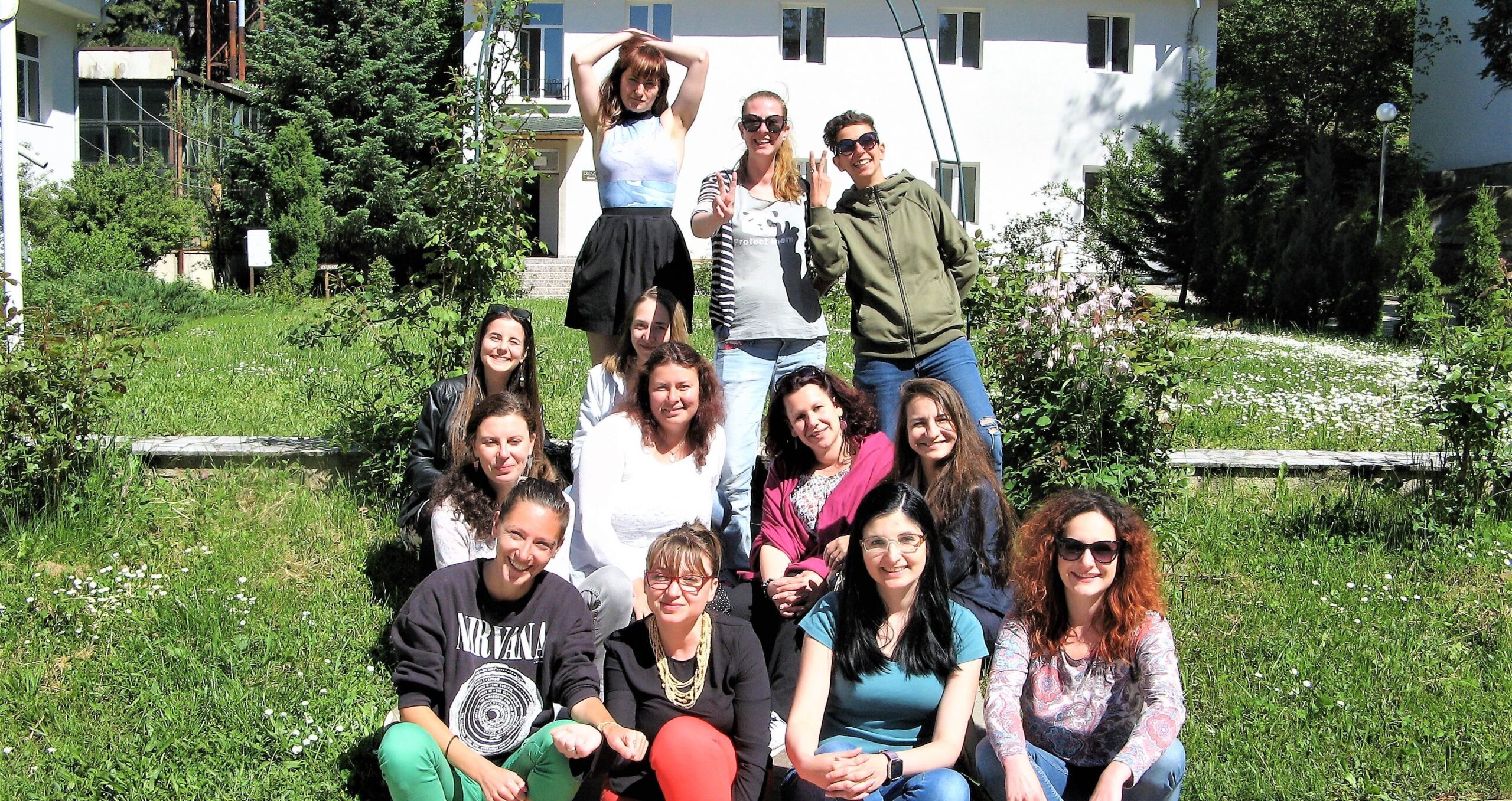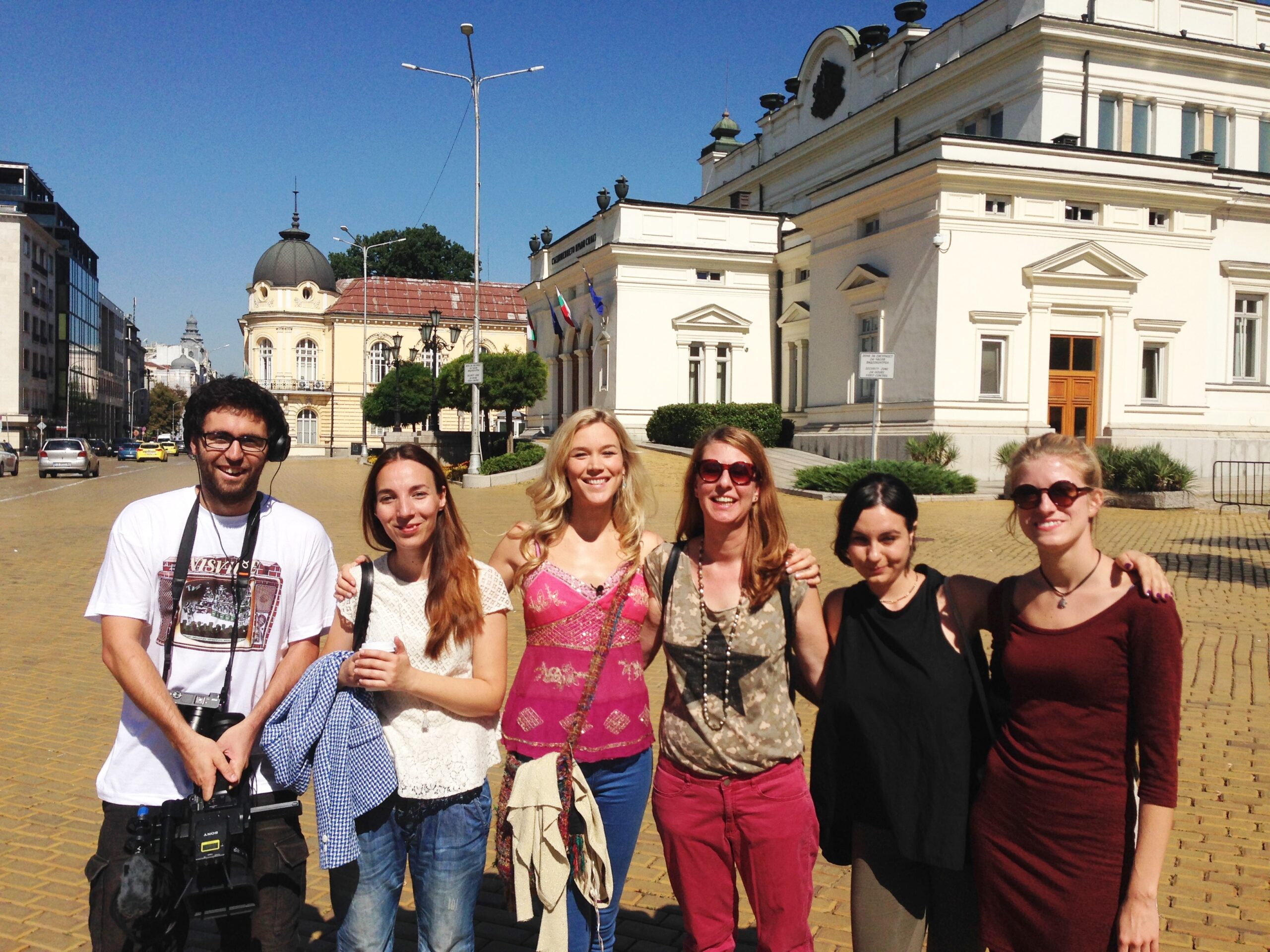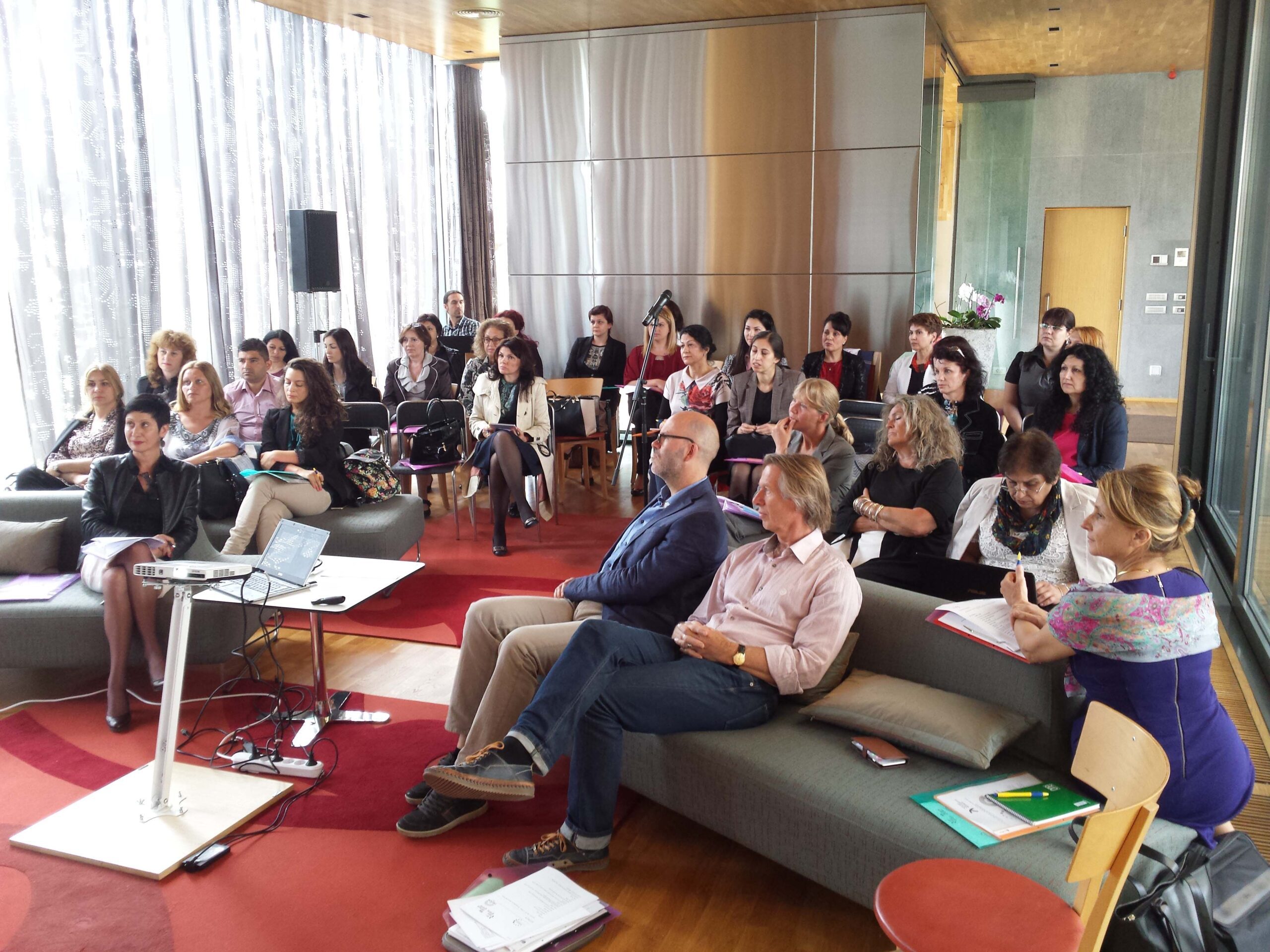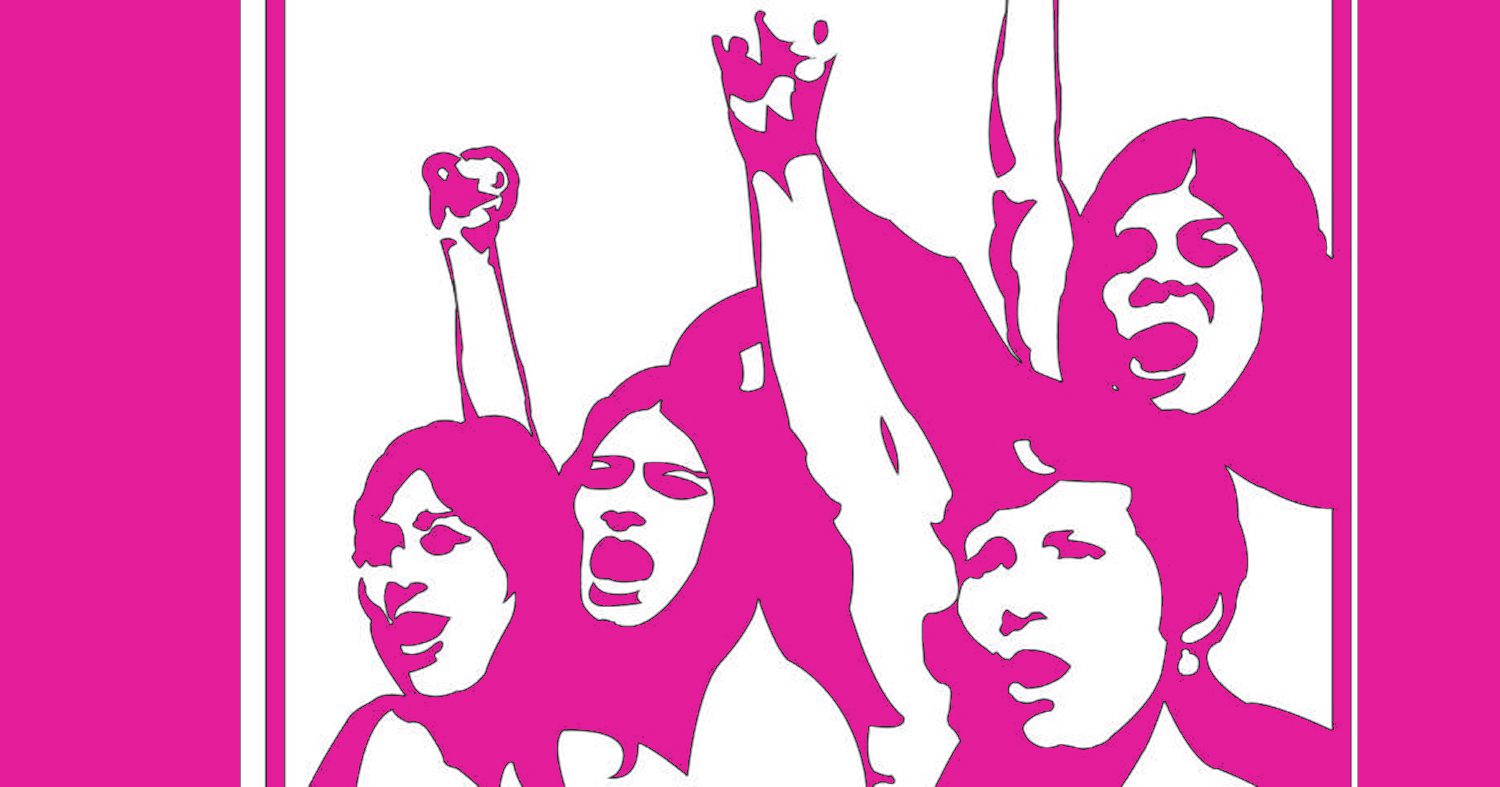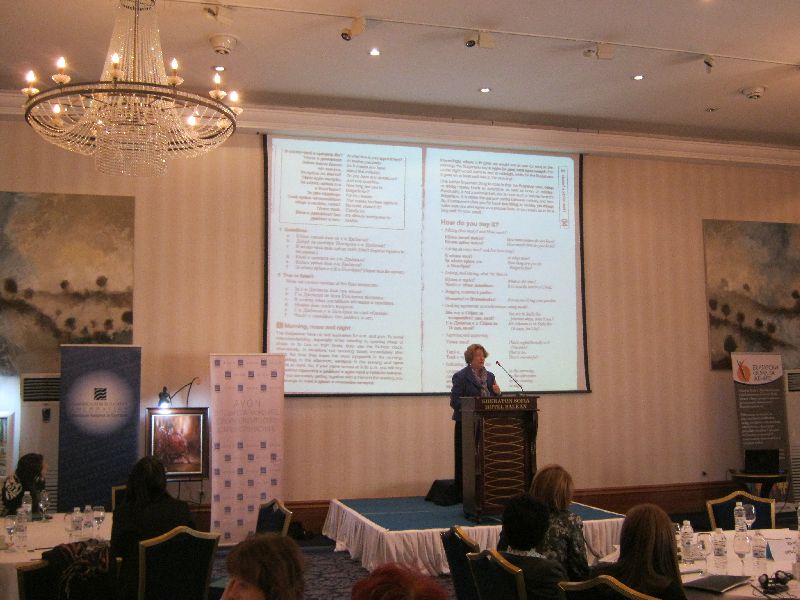On the 30th of June in the House of Europe the report “Social Inclusion and Young People – Excluding Youth: A threat to our future” was presented. It was prepared by The European Youth Forum.
The report illustrates how the European social model, which is supposed to protect everyone, actually does not work. Today, the youth of Europe is at a higher risk of poverty and social exclusion because the European social systems are outdated and cannot respond to the new forms of insecurity that young people confront and prevent their independence. This affects strongly not only separate youth groups but the European society as a whole. Thus, the report underlines the immediate need of reforms.
The executive director of the Bulgarian Fund for Women, Nadejda Dermendjieva, a panelist in the discussion, stressed on the need of specific gender approach for solving these problems. “When we speak about young people, we must consider that they are not a homogeneous group. Apart from age, the other most important characteristic is gender. The social inclusion of young people must not be confused with welfare but to be concentrated on a set of policies which must look through gender lens; this is to say what difficulties and needs young women and young men have because they are very often different. For example, violence based on gender is a problem that predominantly (young) women face. According to the European Agency for Fundamental Rights, 33% of women above 15 years old in Europe have experienced physical or sexual violence. Women are more often subjected to discrimination at job interviews, statistics are firm that they receive lower payment and face the so-called “glass ceiling” in their career development. Only 5% of single mothers in Europe are hired on full time jobs and in all age groups the number of employed women is lower than the number of employed men. All these factors place women at economic disadvantage, a threat of social exclusion and poverty, which is visible in the global trend of feminization of poverty. “
Lora Lyubenova, member of the board of the European Youth Forum made a comment: “Poverty is a reality for far too many young Europeans but the traditional route of the youth to a mature age is blocked by the lack of access to quality education or inadequate social support. If young people are the future, then the policies and the investments of the European Union should confirm this political message and invest in the youth and in future. If this does not happen, the European social project and the deriving peaceful and harmonious societies will collapse.”
Among the primary problems is unemployment, which destroys the young generation – more than 4 million young people are unemployed or facing long-term unemployment after leaving the educational system or are employed in internships or short-term work, all of which don’t let them contribute to the social system or receive social protection. Furthermore, young people experience discrimination and hardship finding a place to live or accessing the healthcare system.
The report highlights that these problems will continue to grow if there is no reaction now. The ageing generation will press further on public resources – this will put extra pressure on young people and will put a big weight on young women especially. The rise of the so-called “sharing economy” will reflect on the access of the working people to their rights for social security – this will bring youth to even more vulnerable state. At the same time, self-employment is one of the solutions for young people with entrepreneurial spirit but the social protection of self-employed persons in the European states, regardless of the fact that European and national leaders promote self-employment as a possible solution of the crisis of unemployment.




